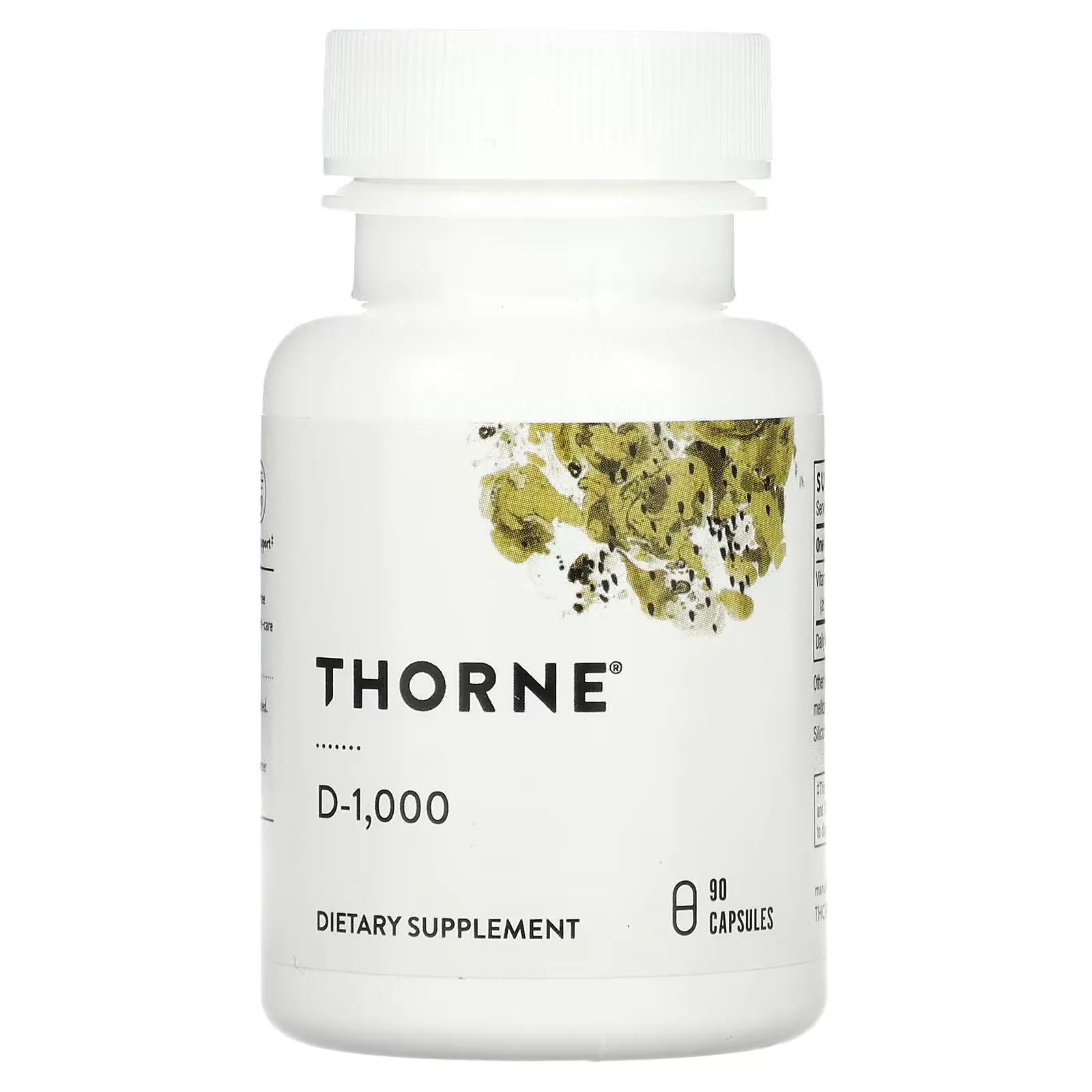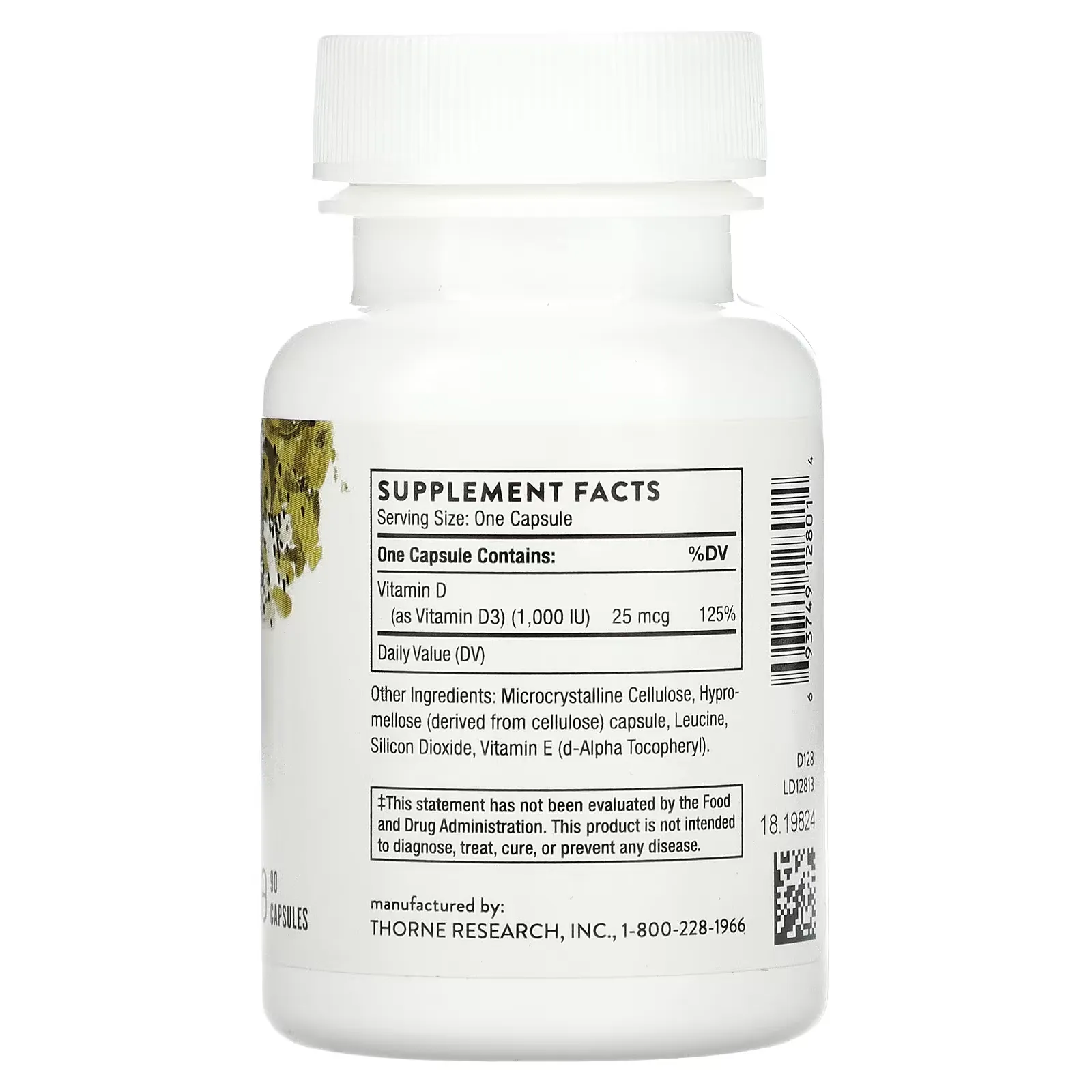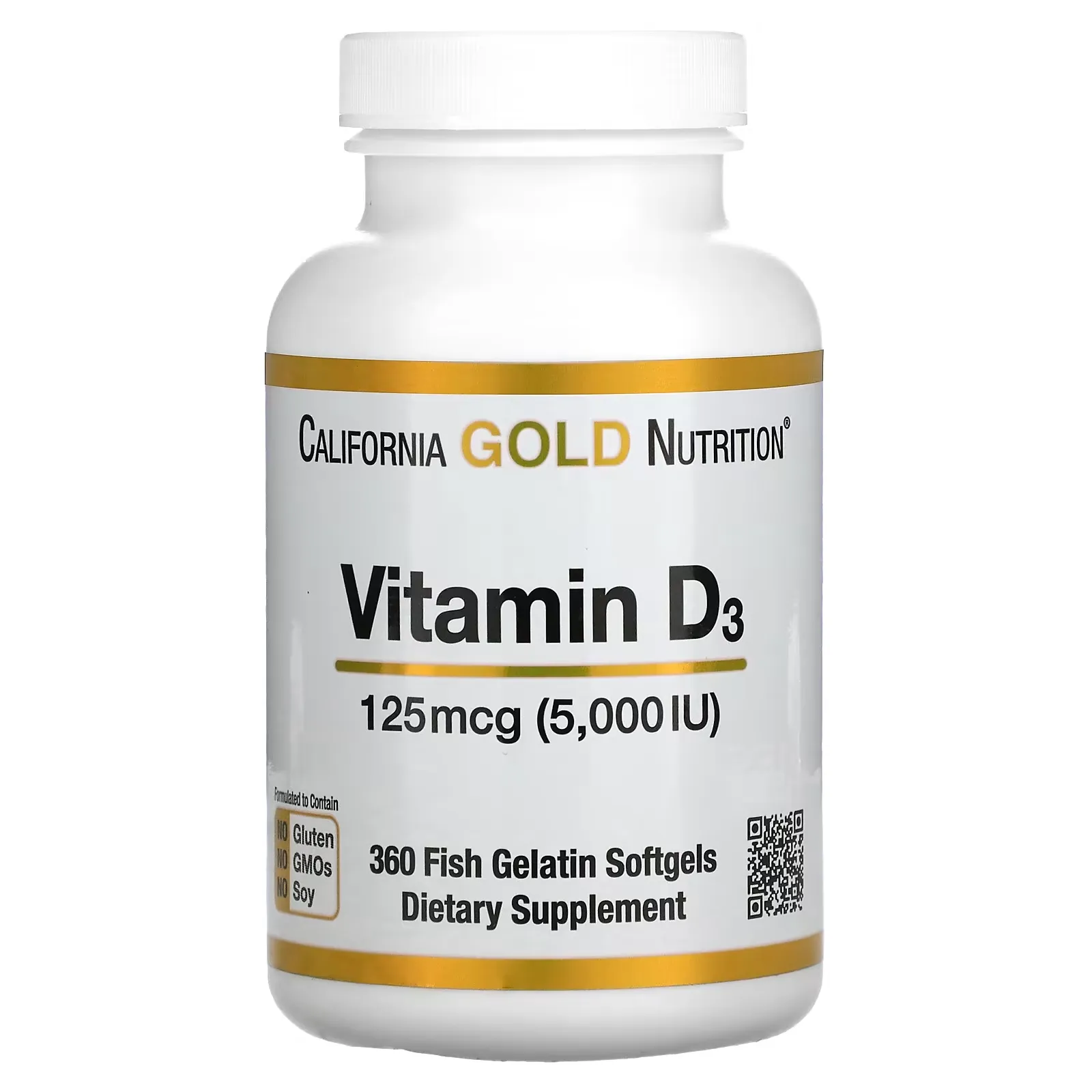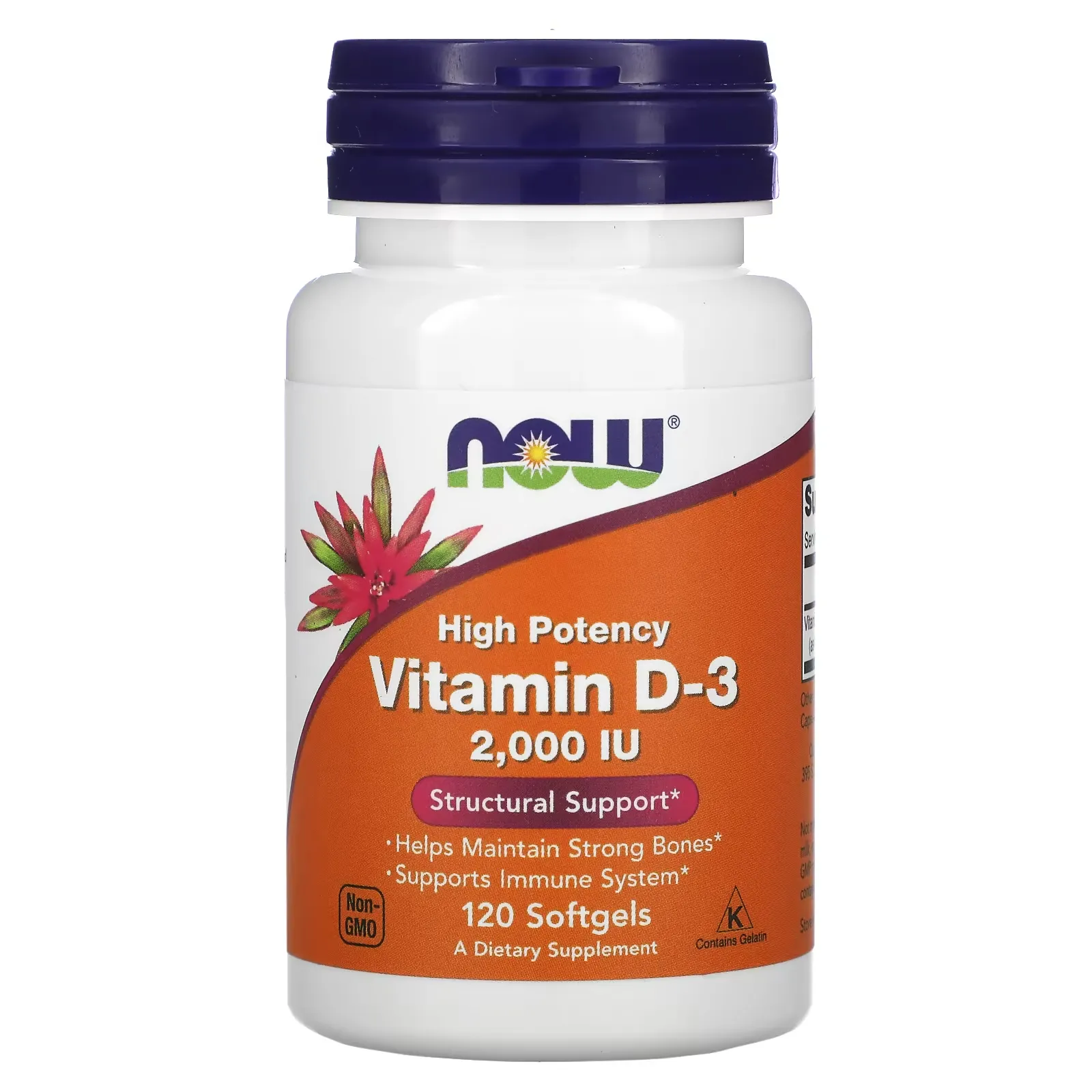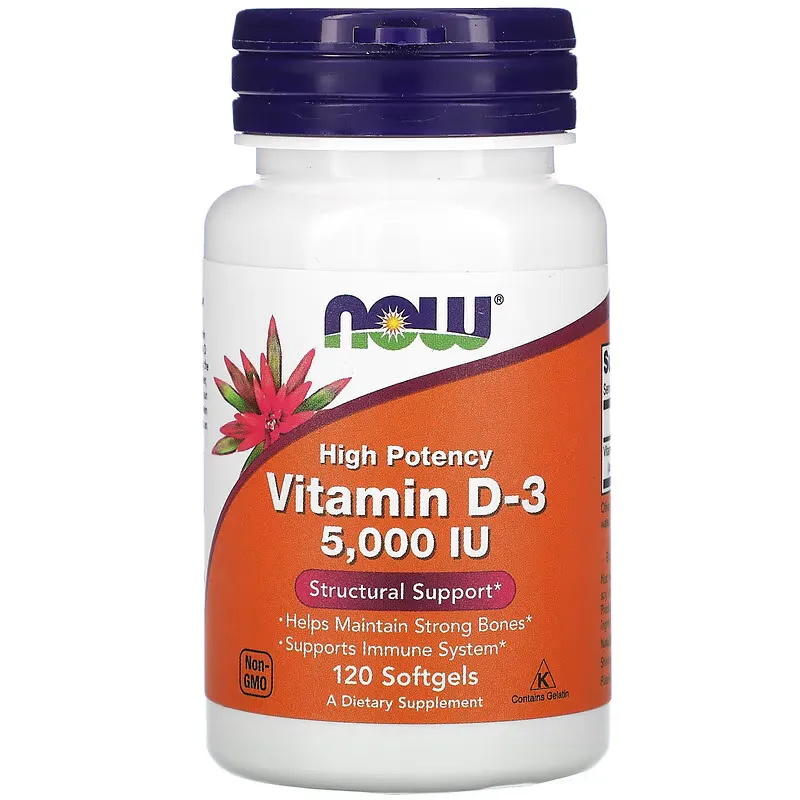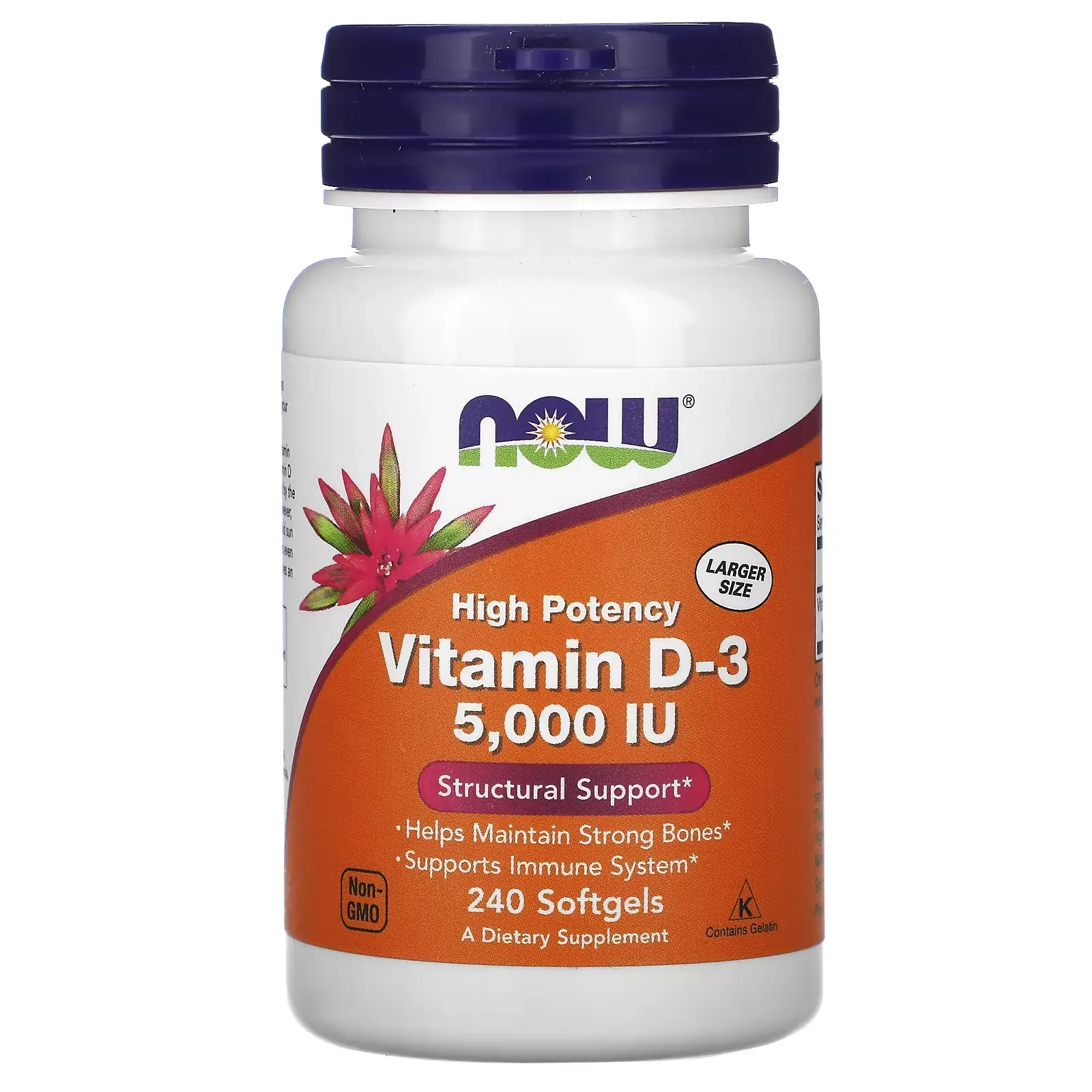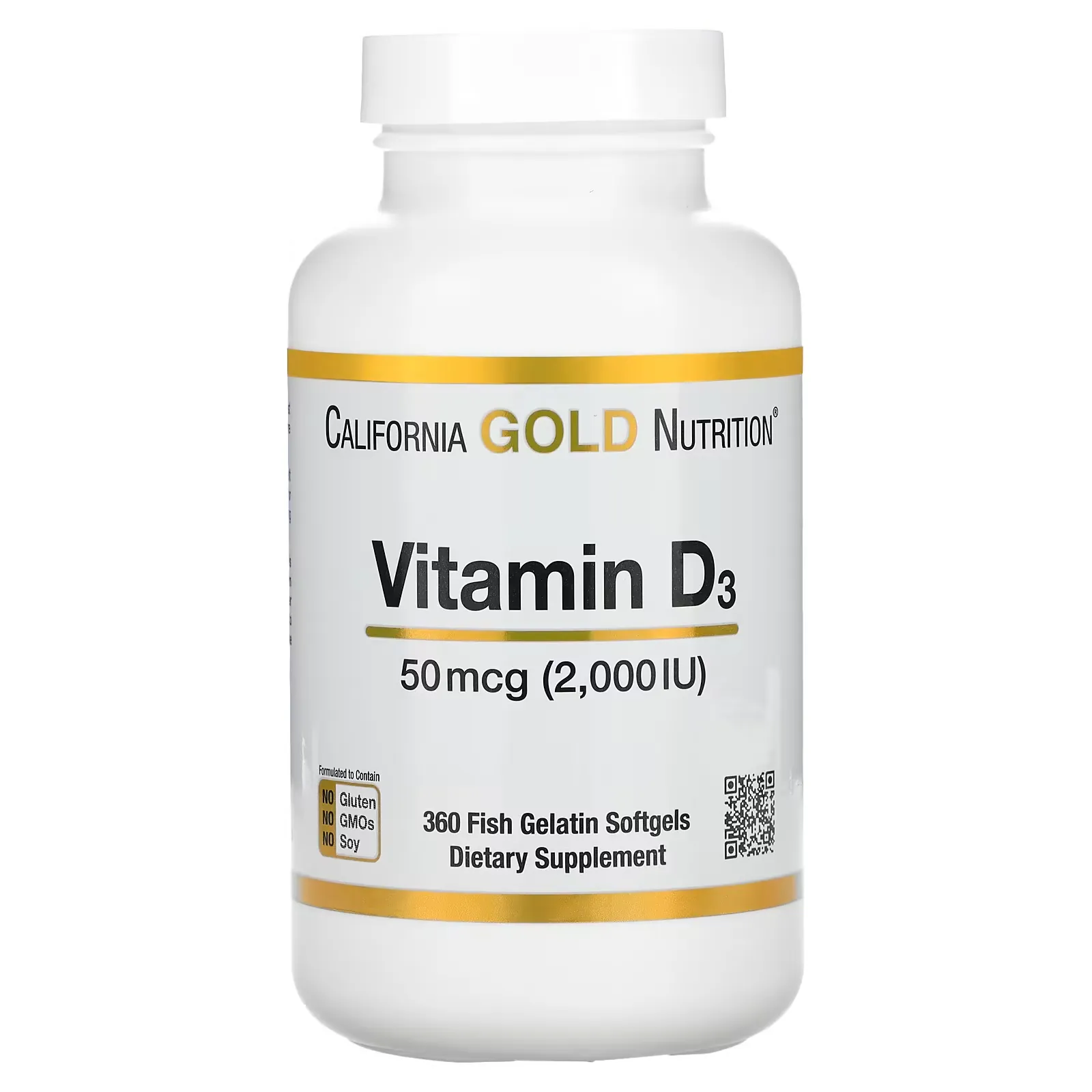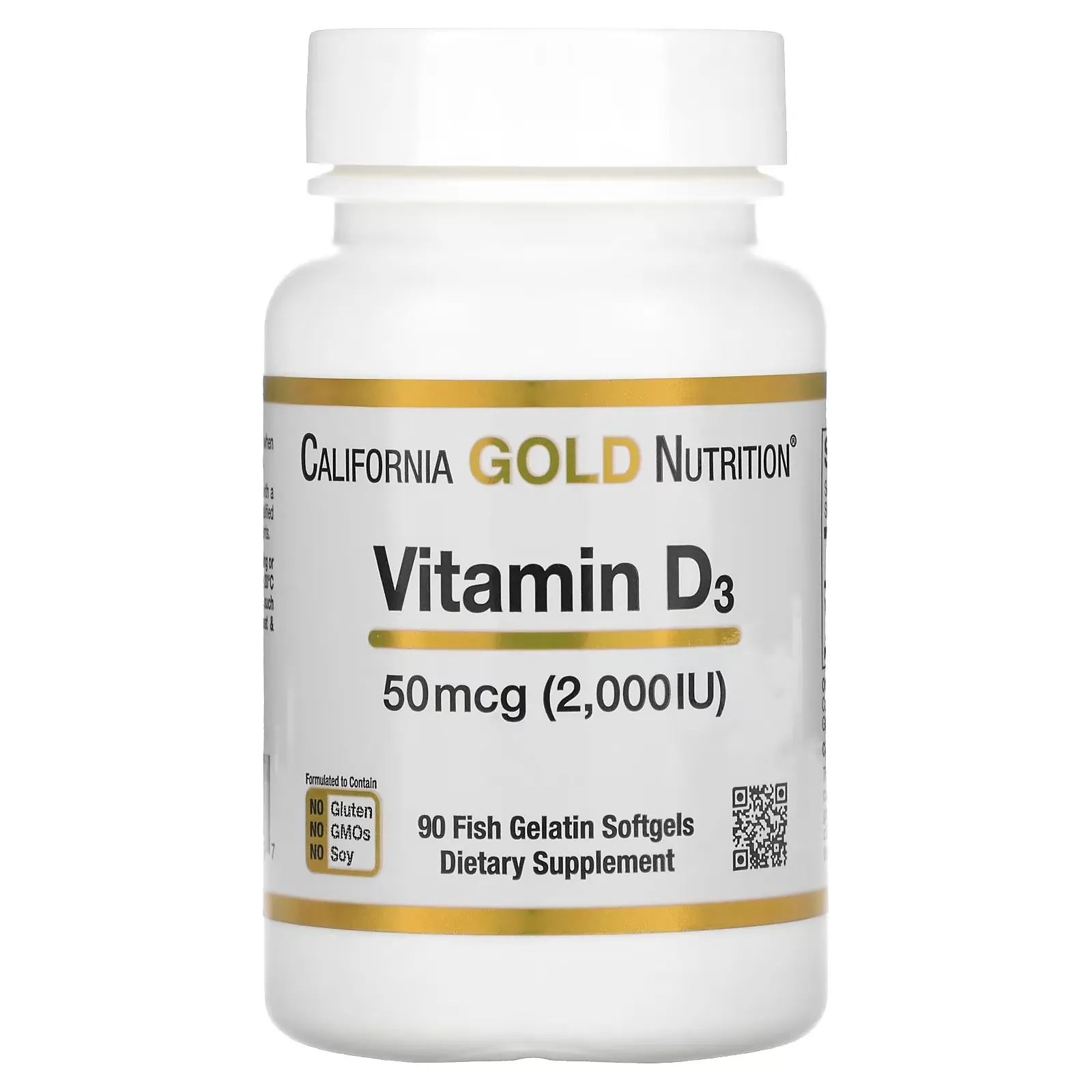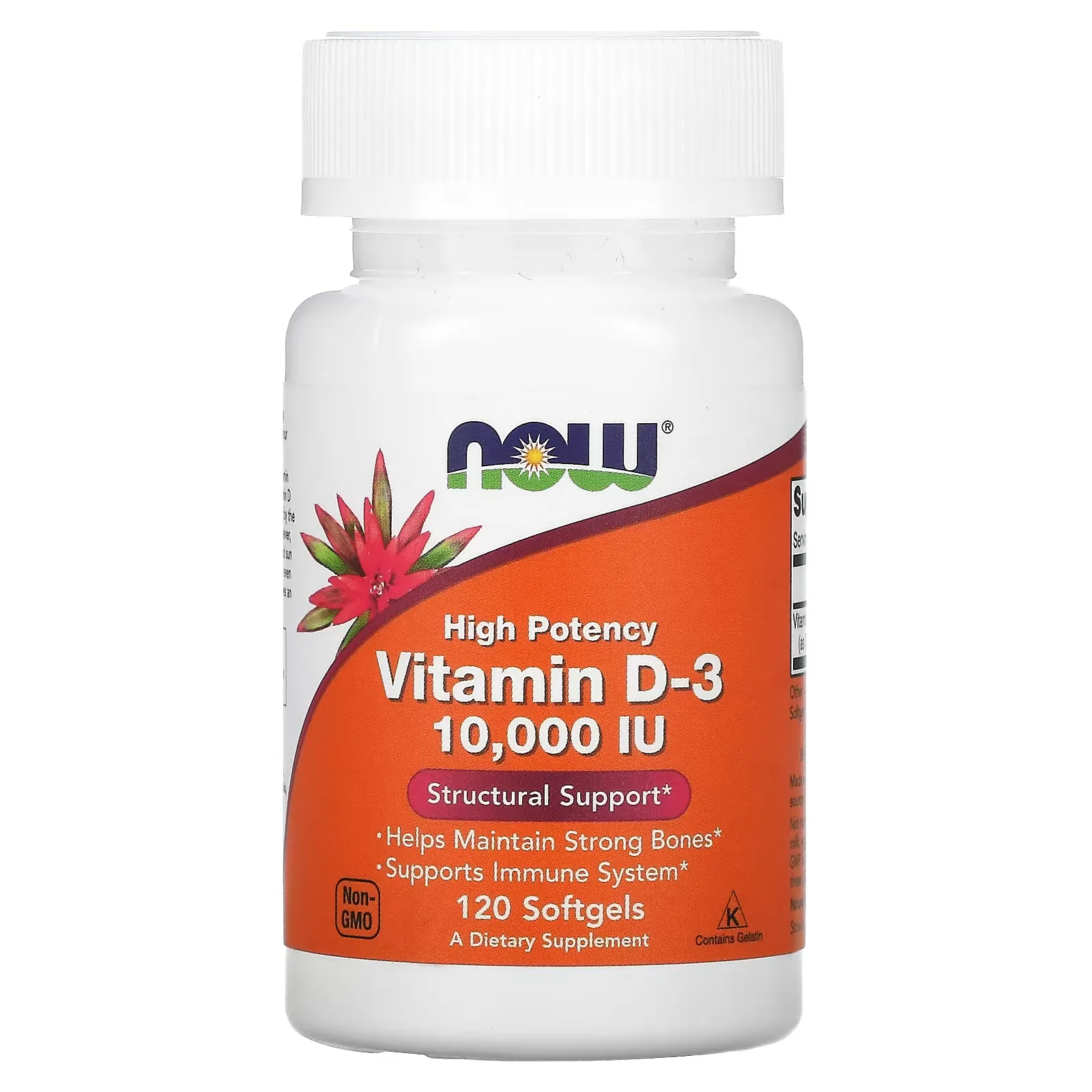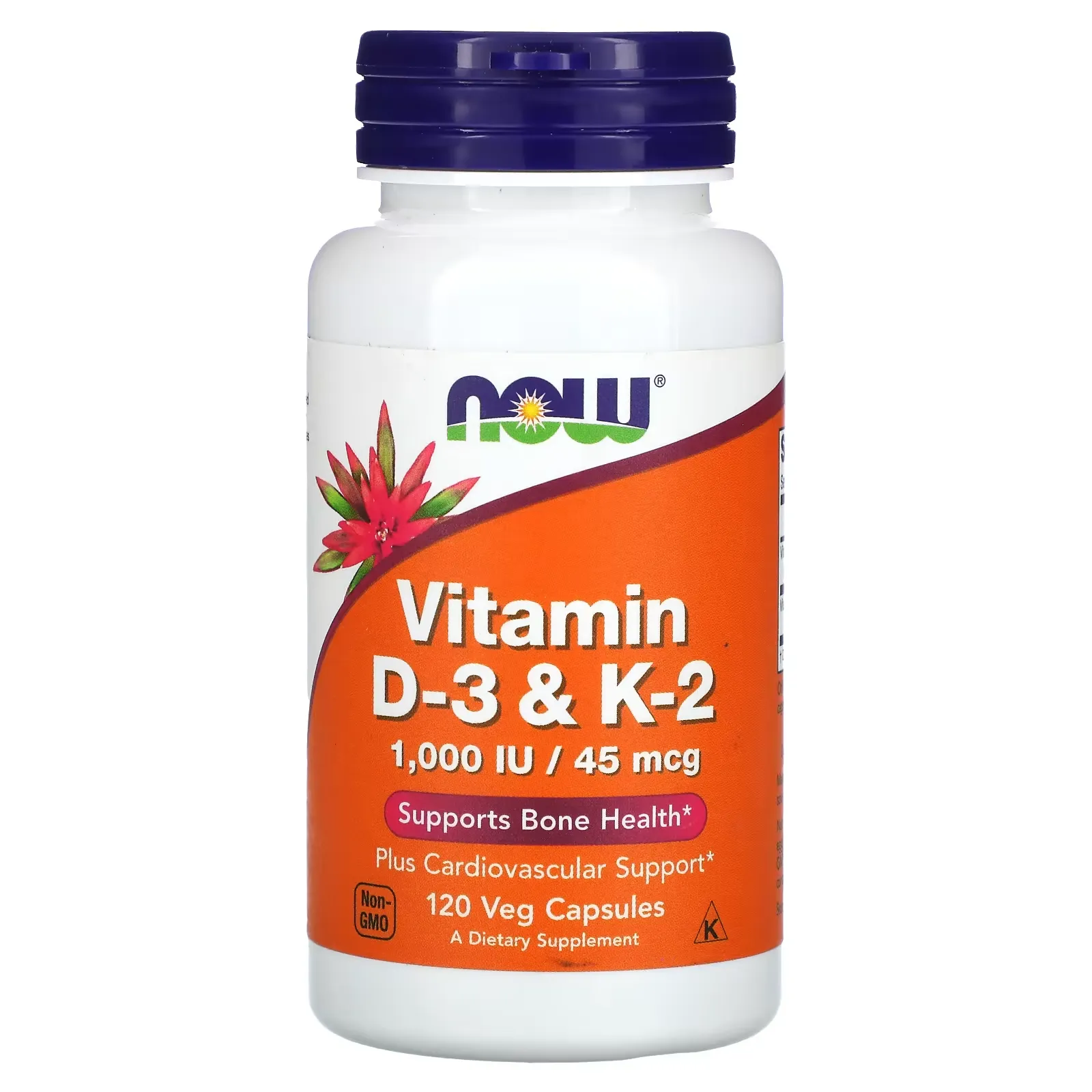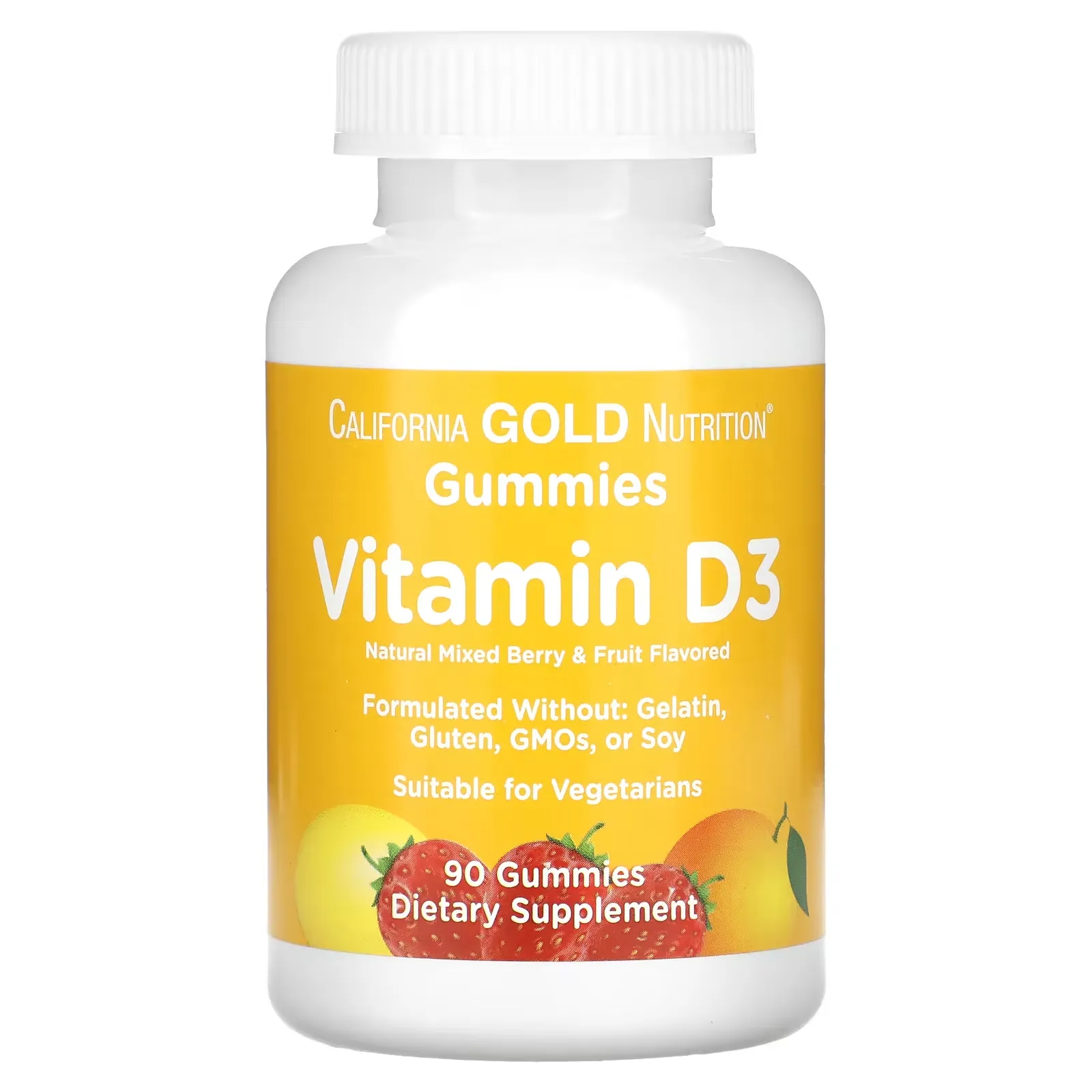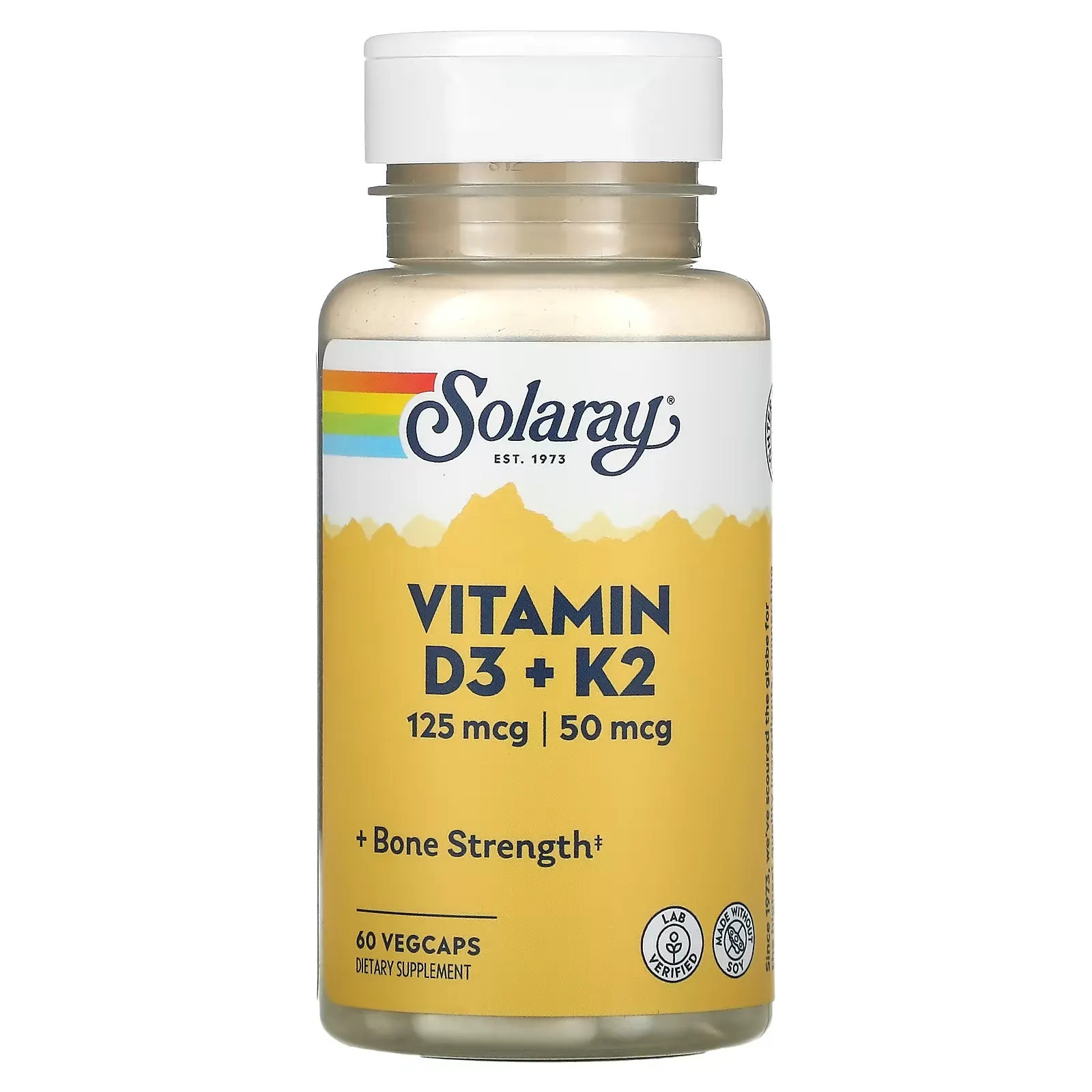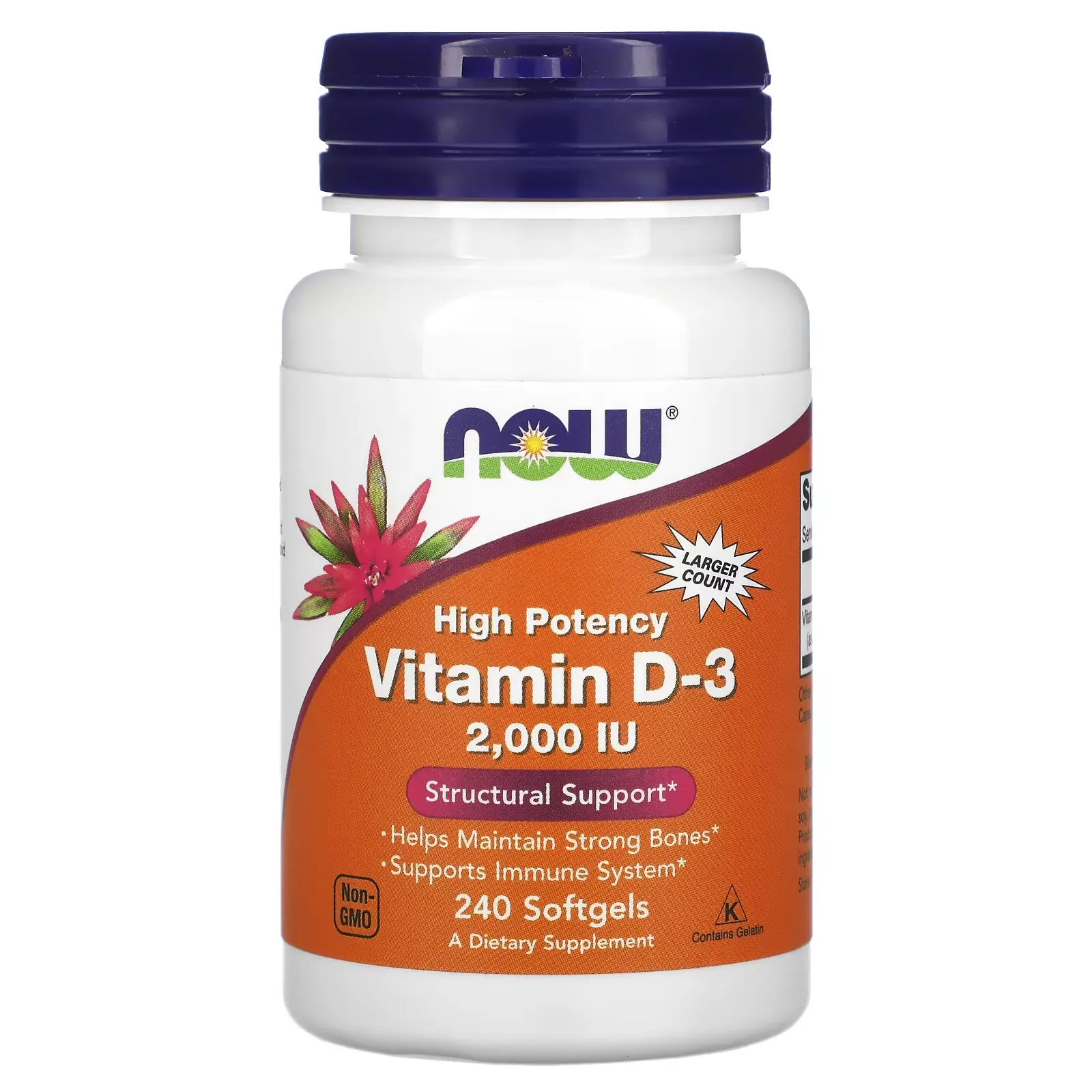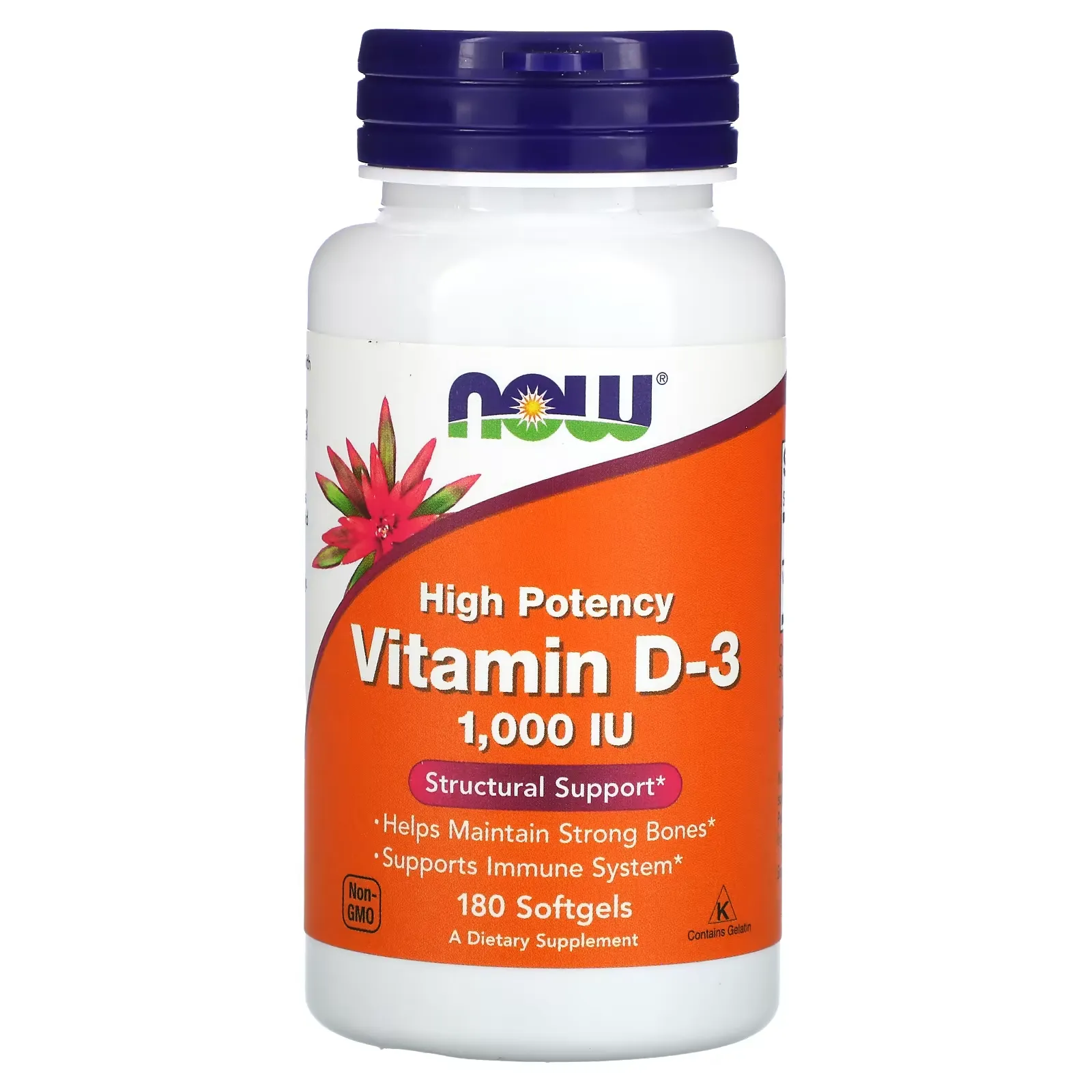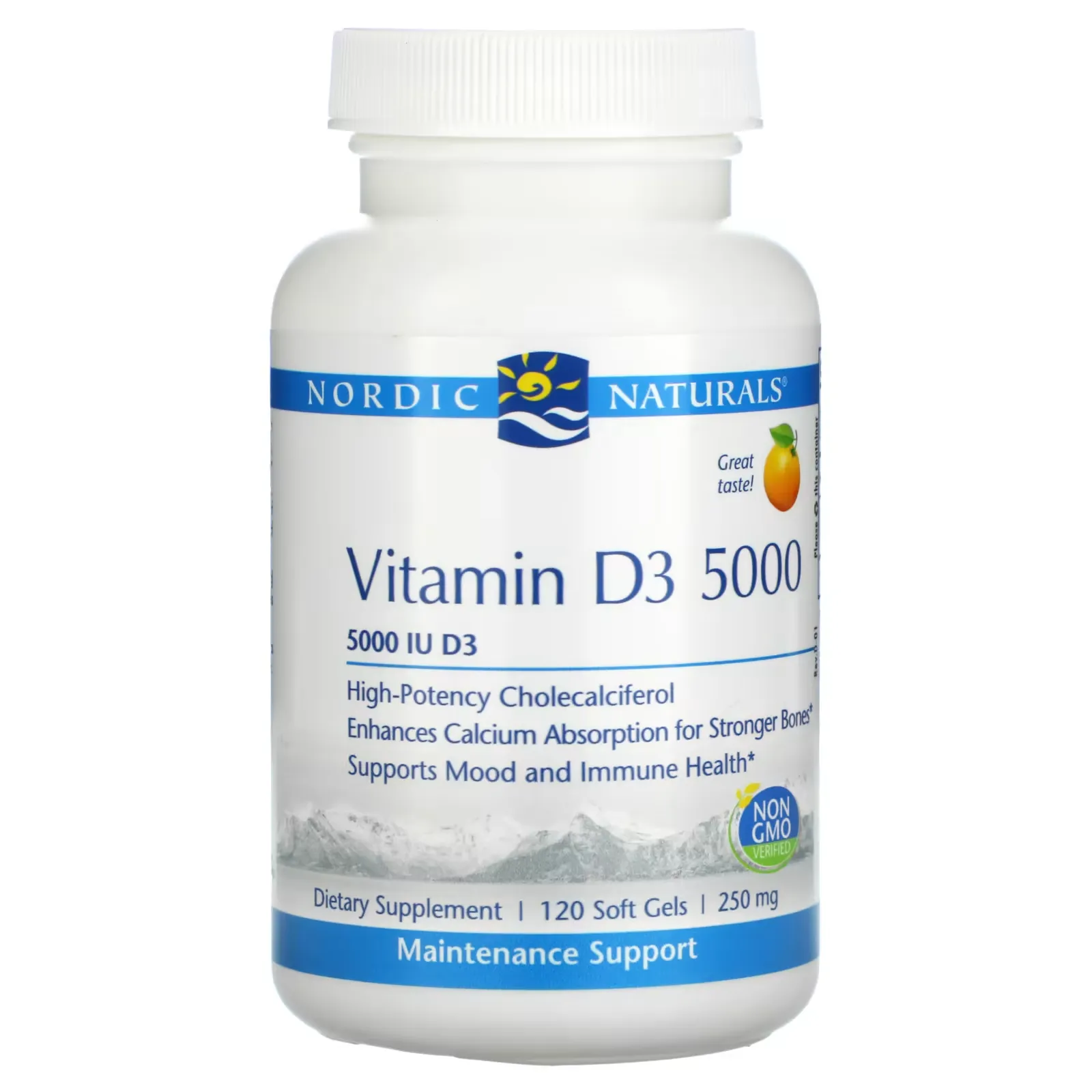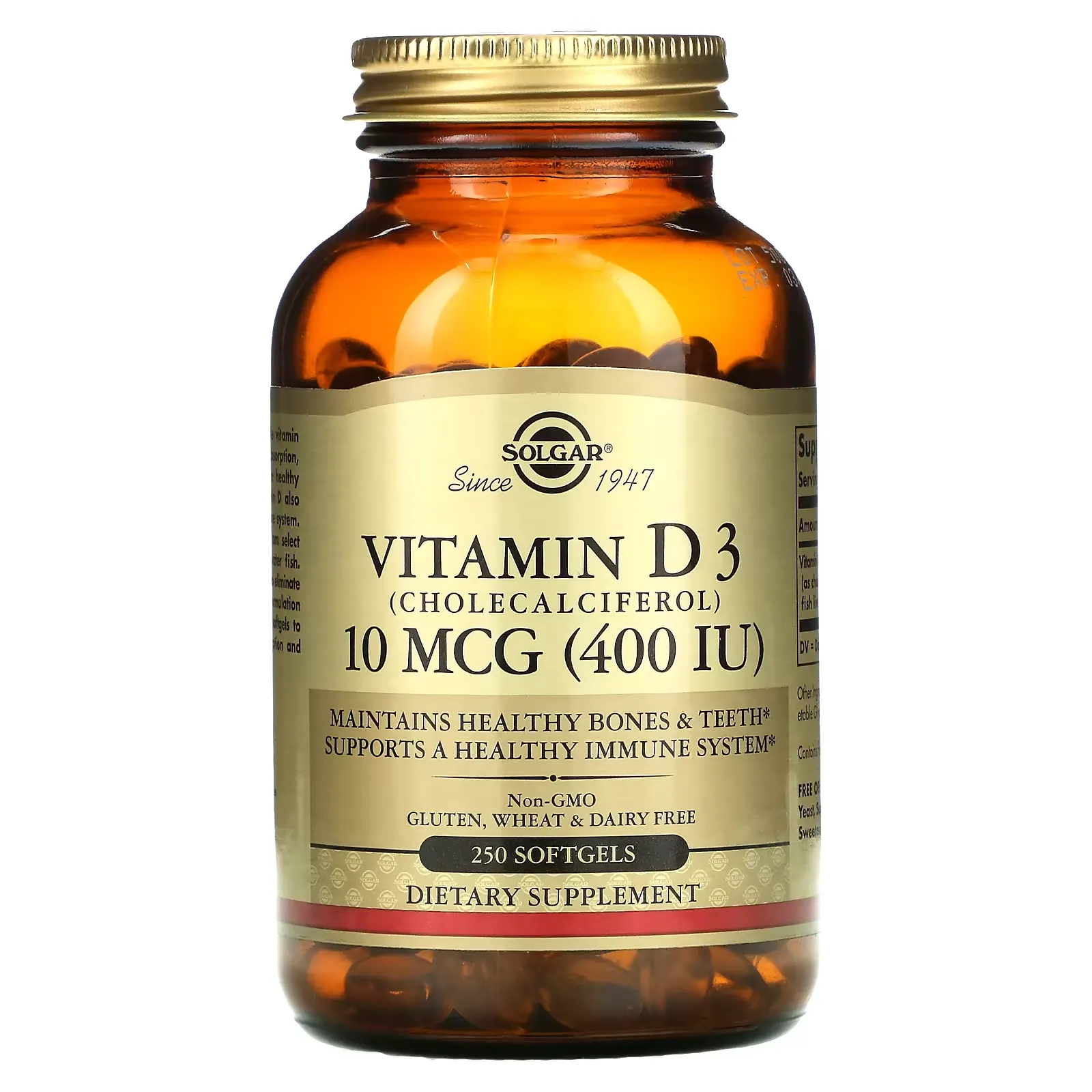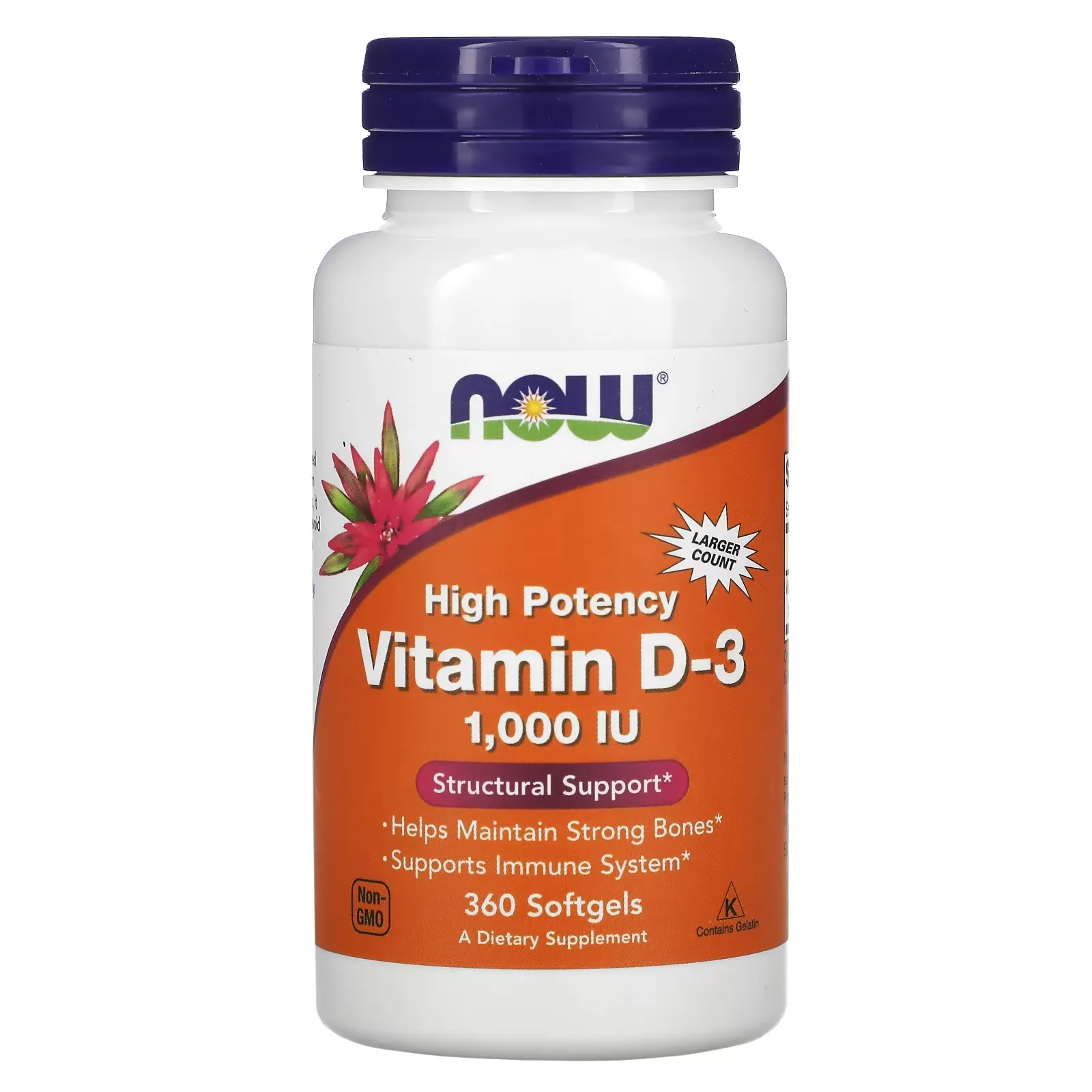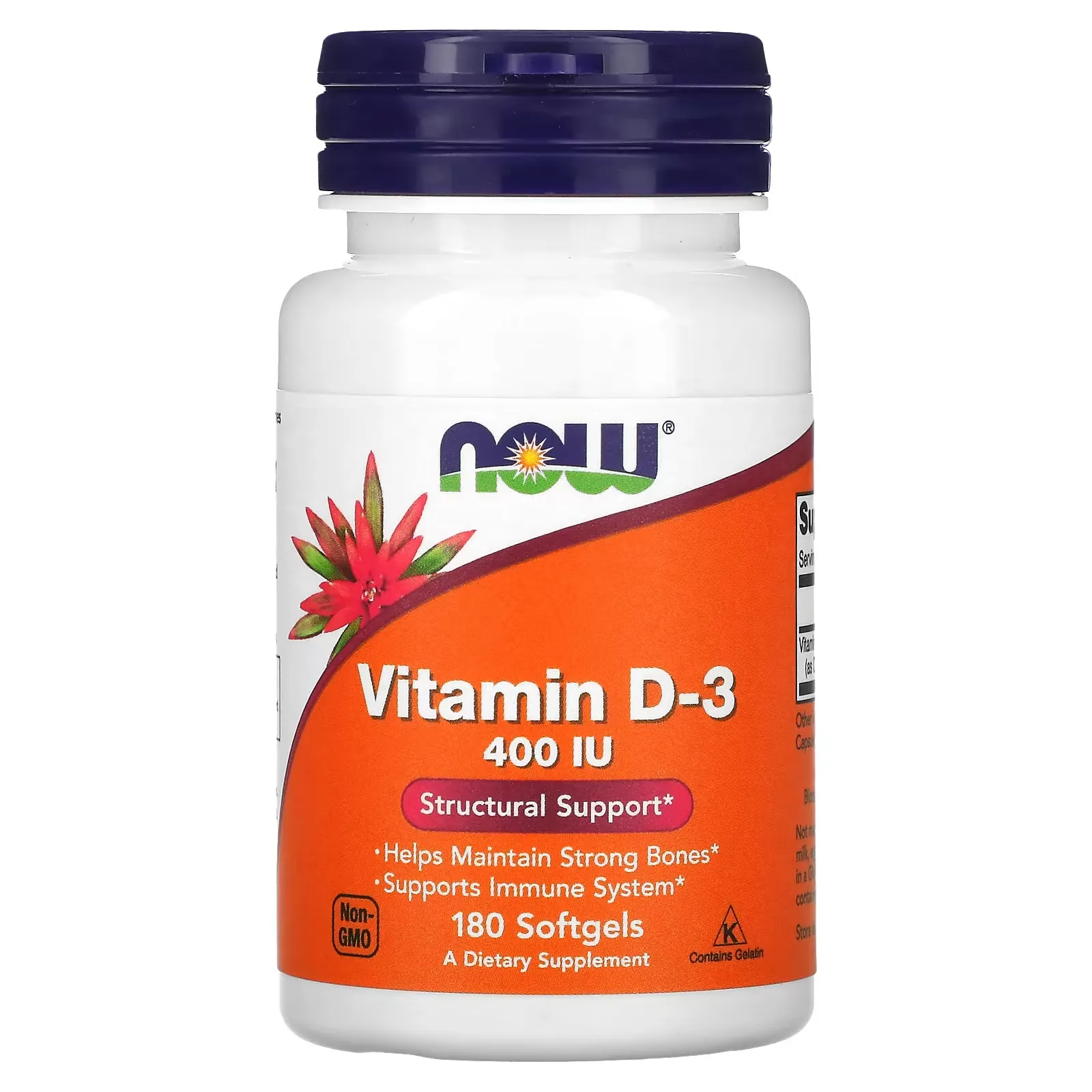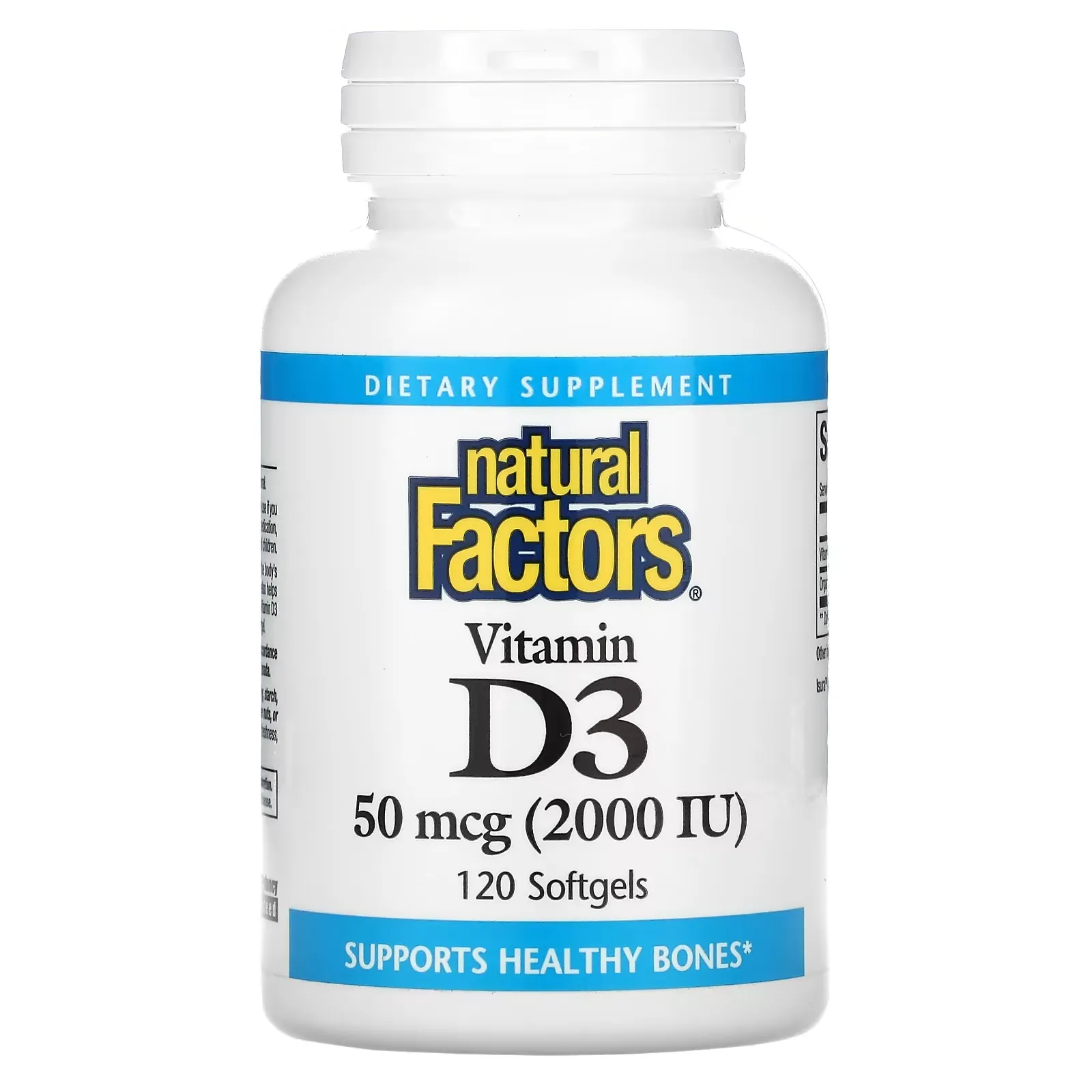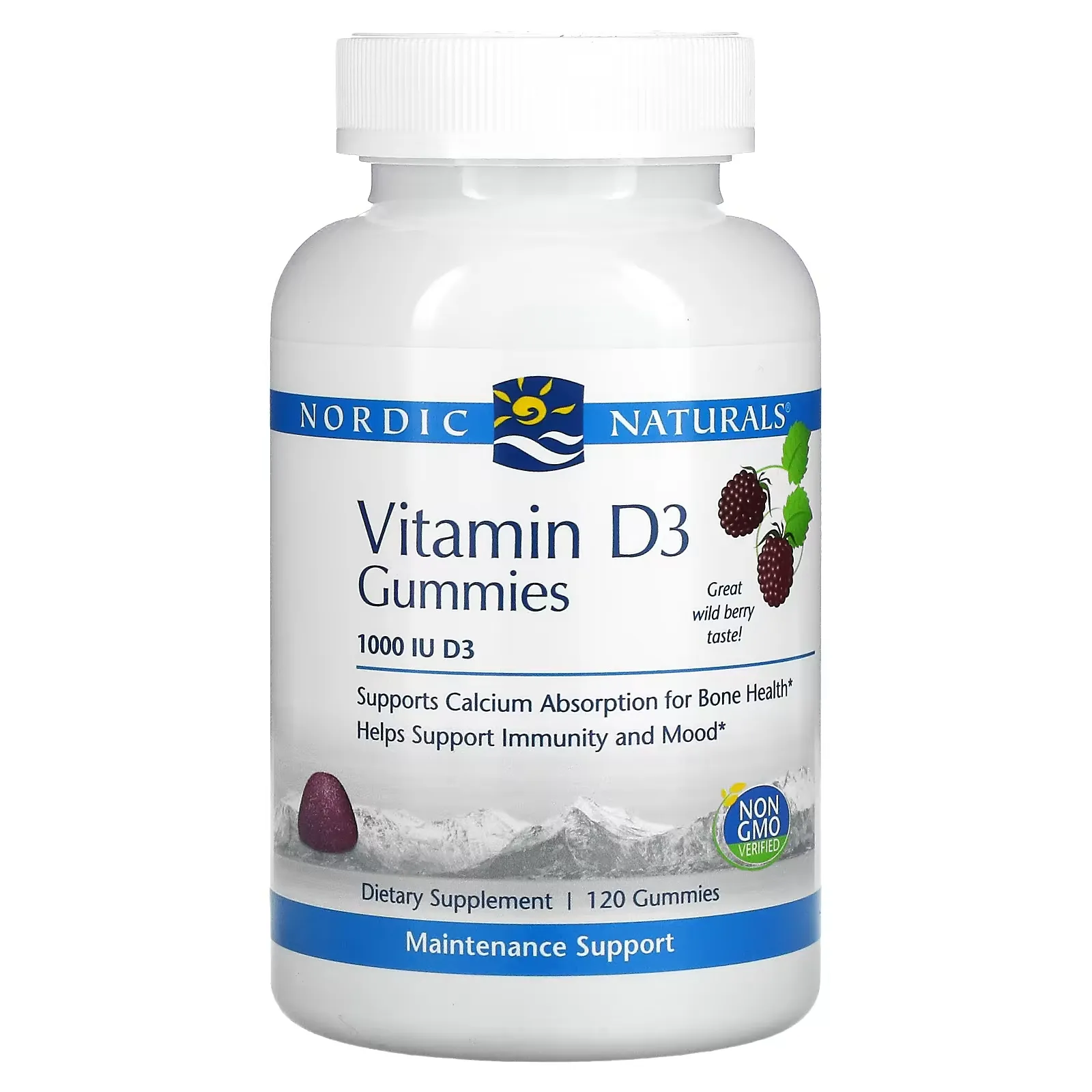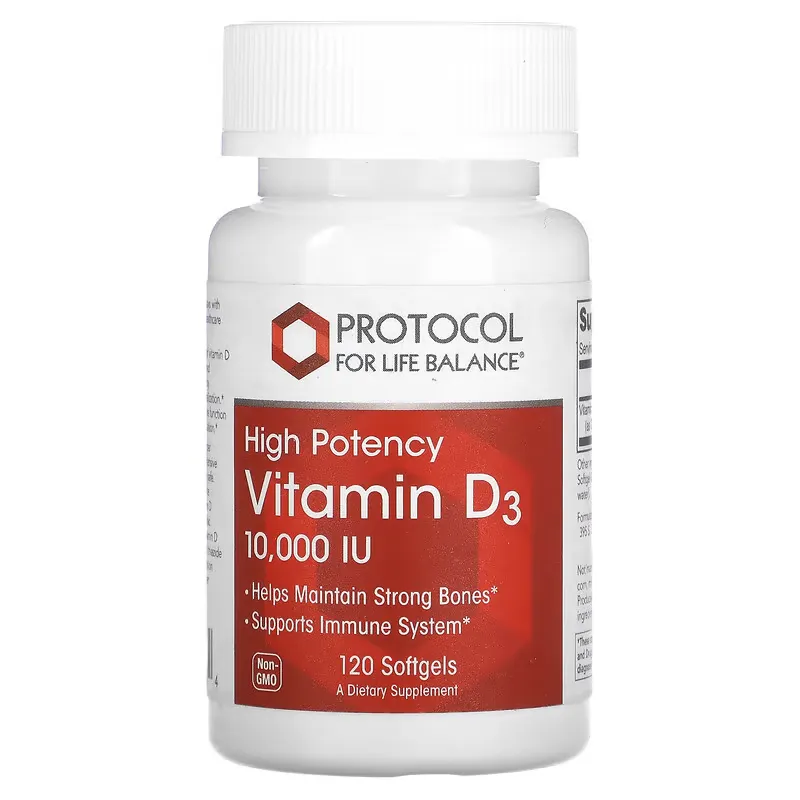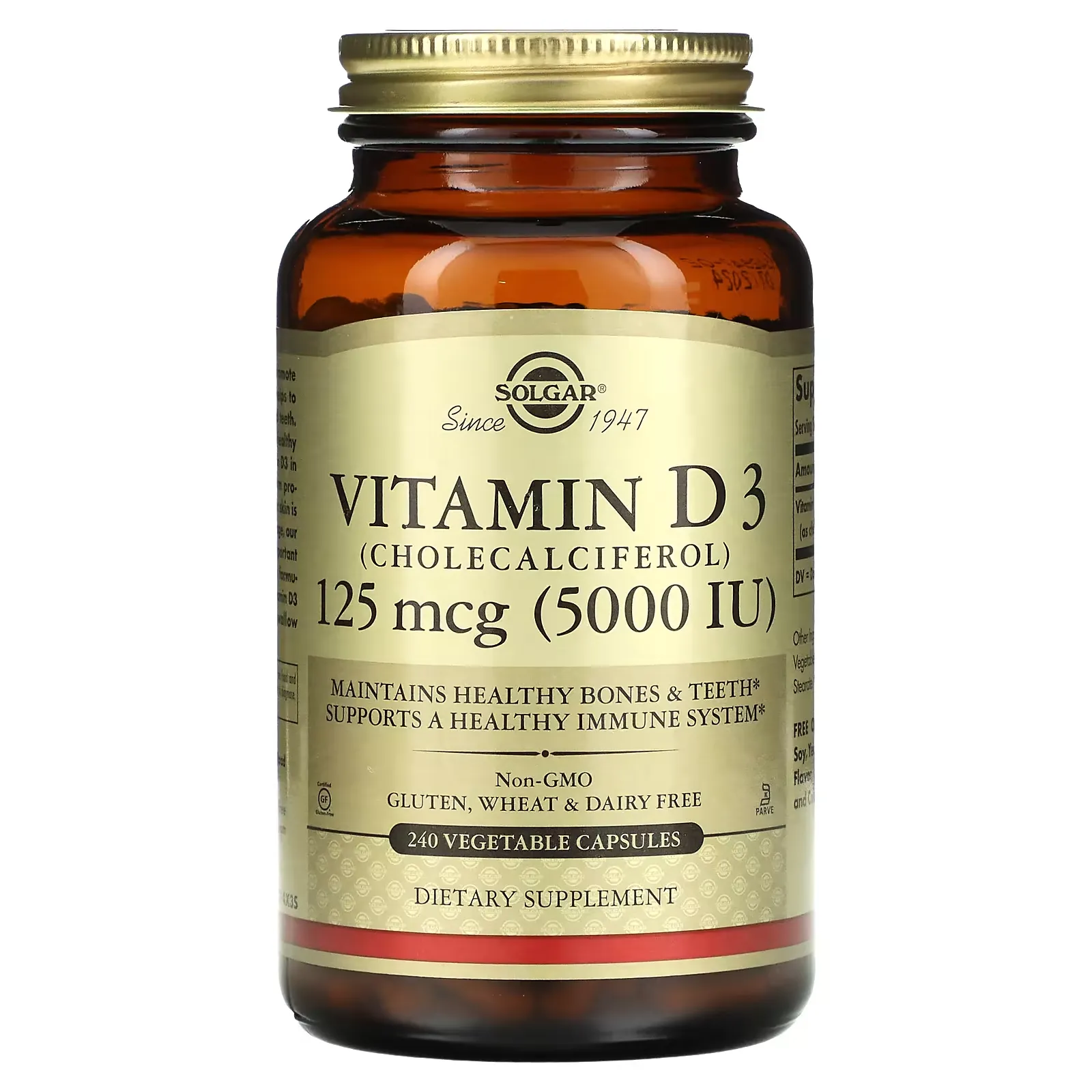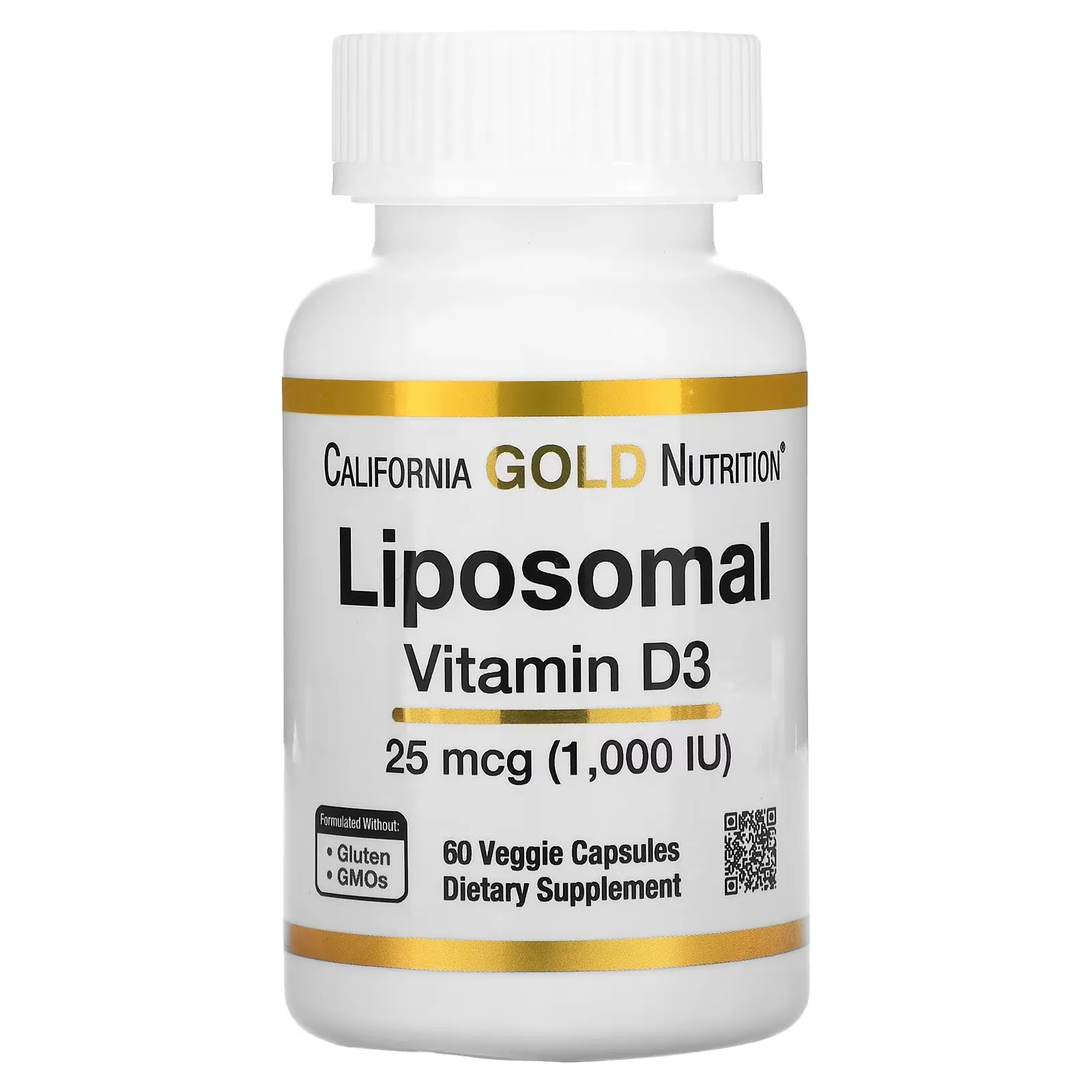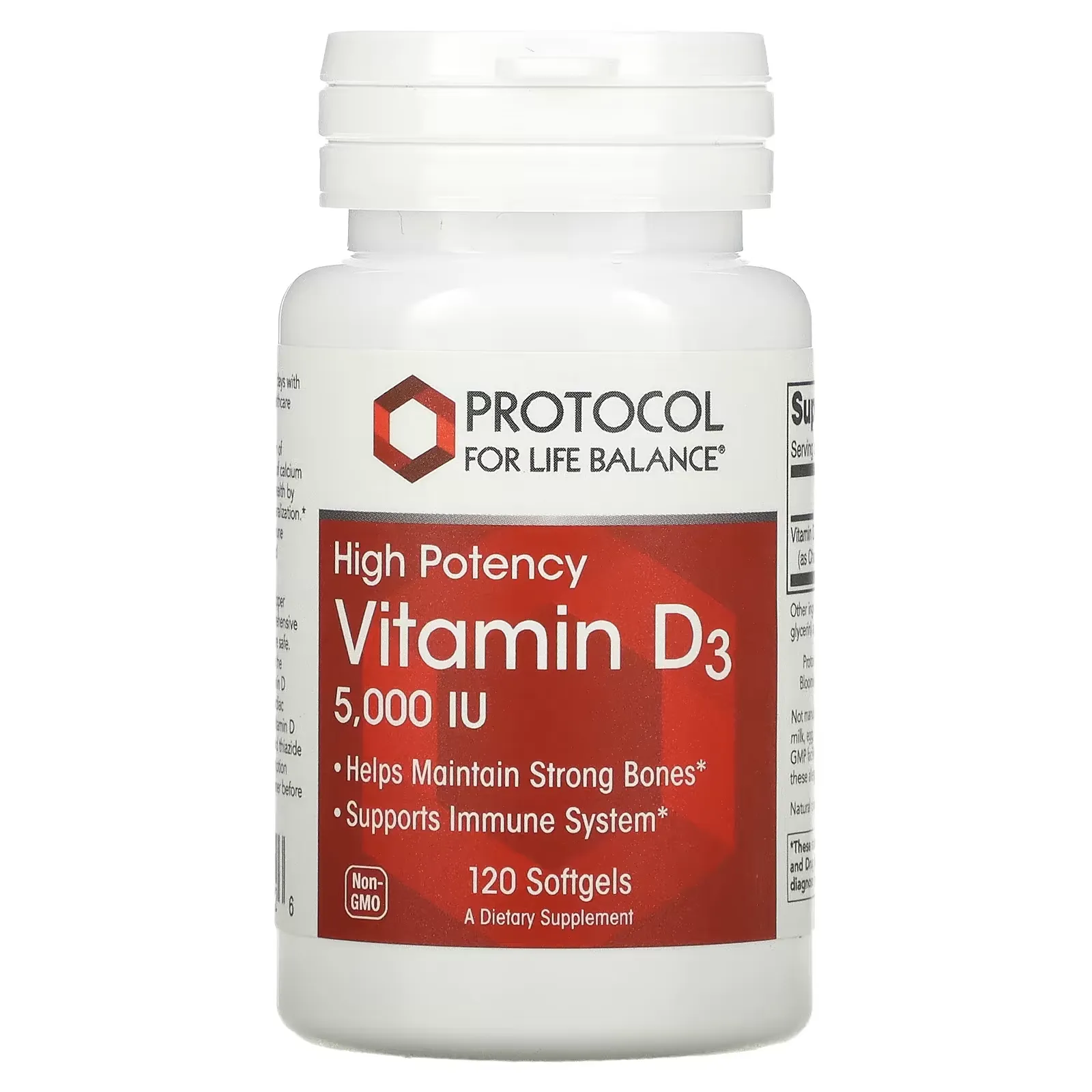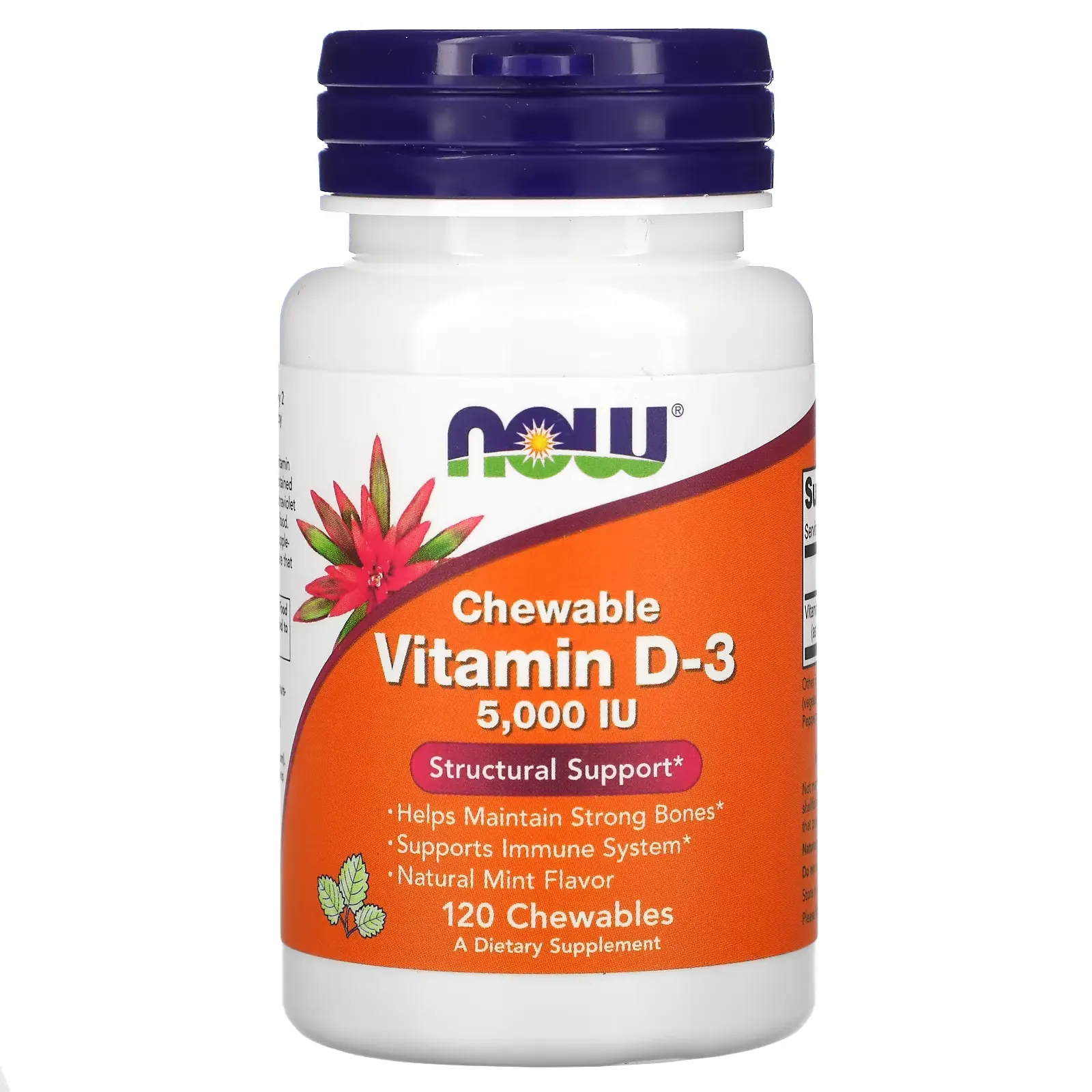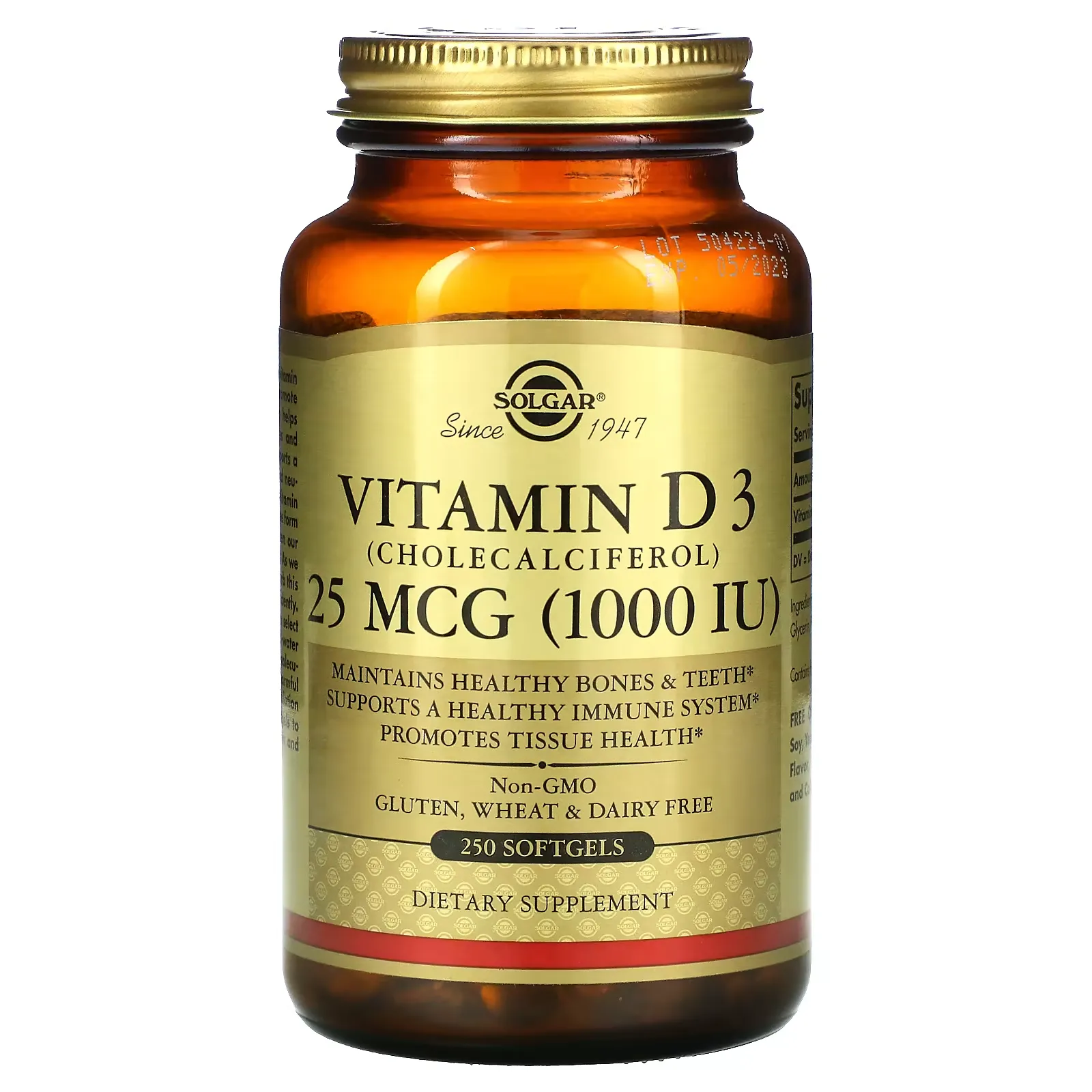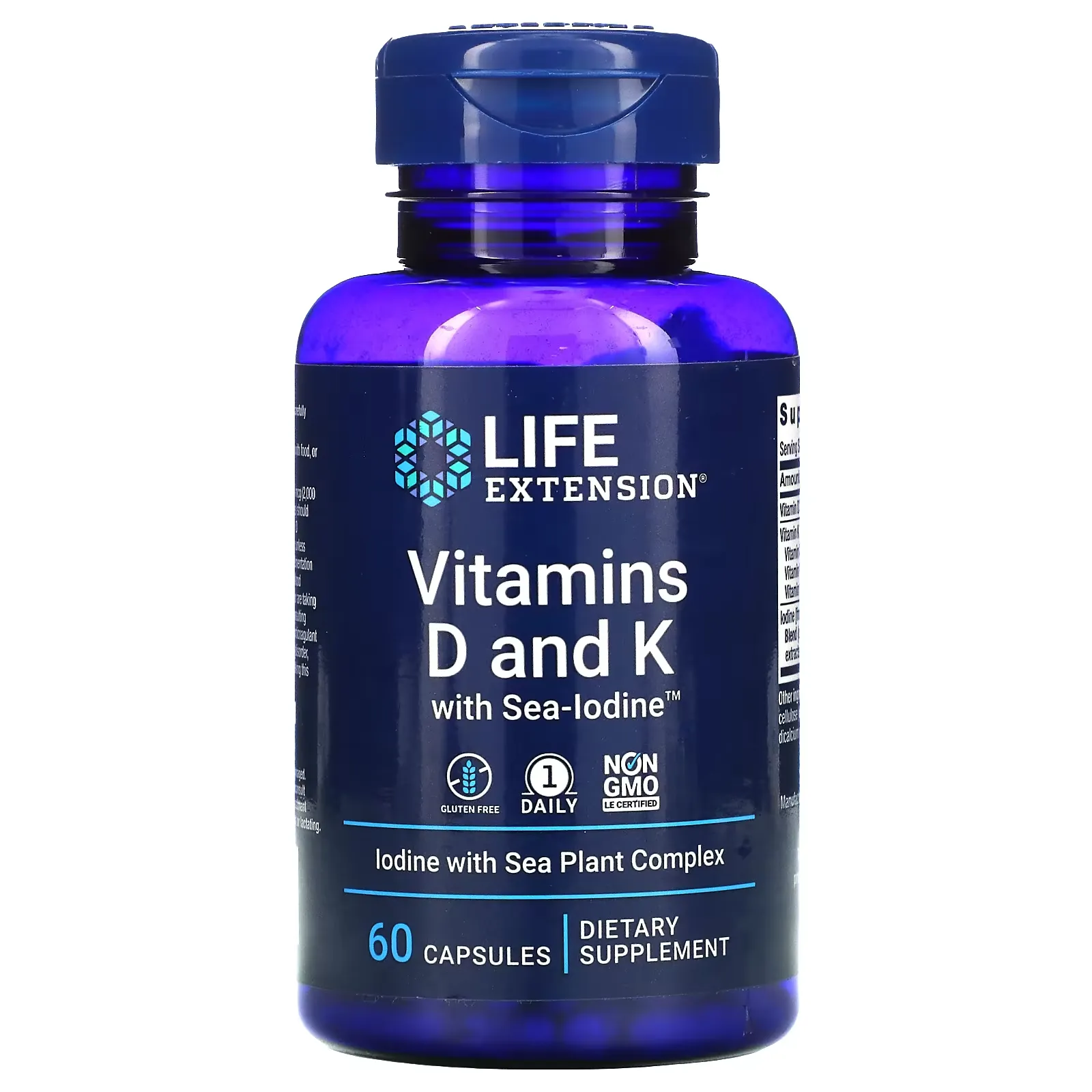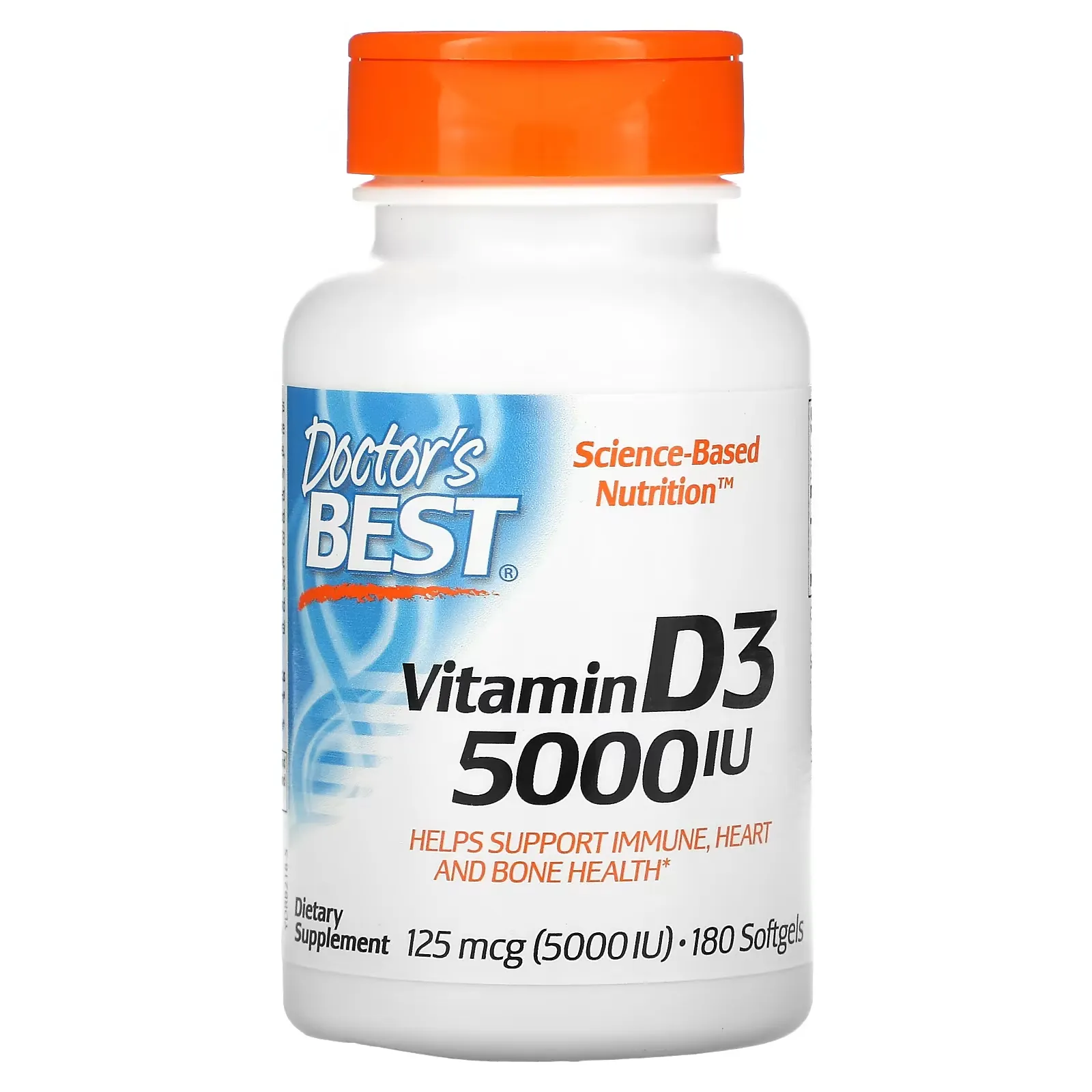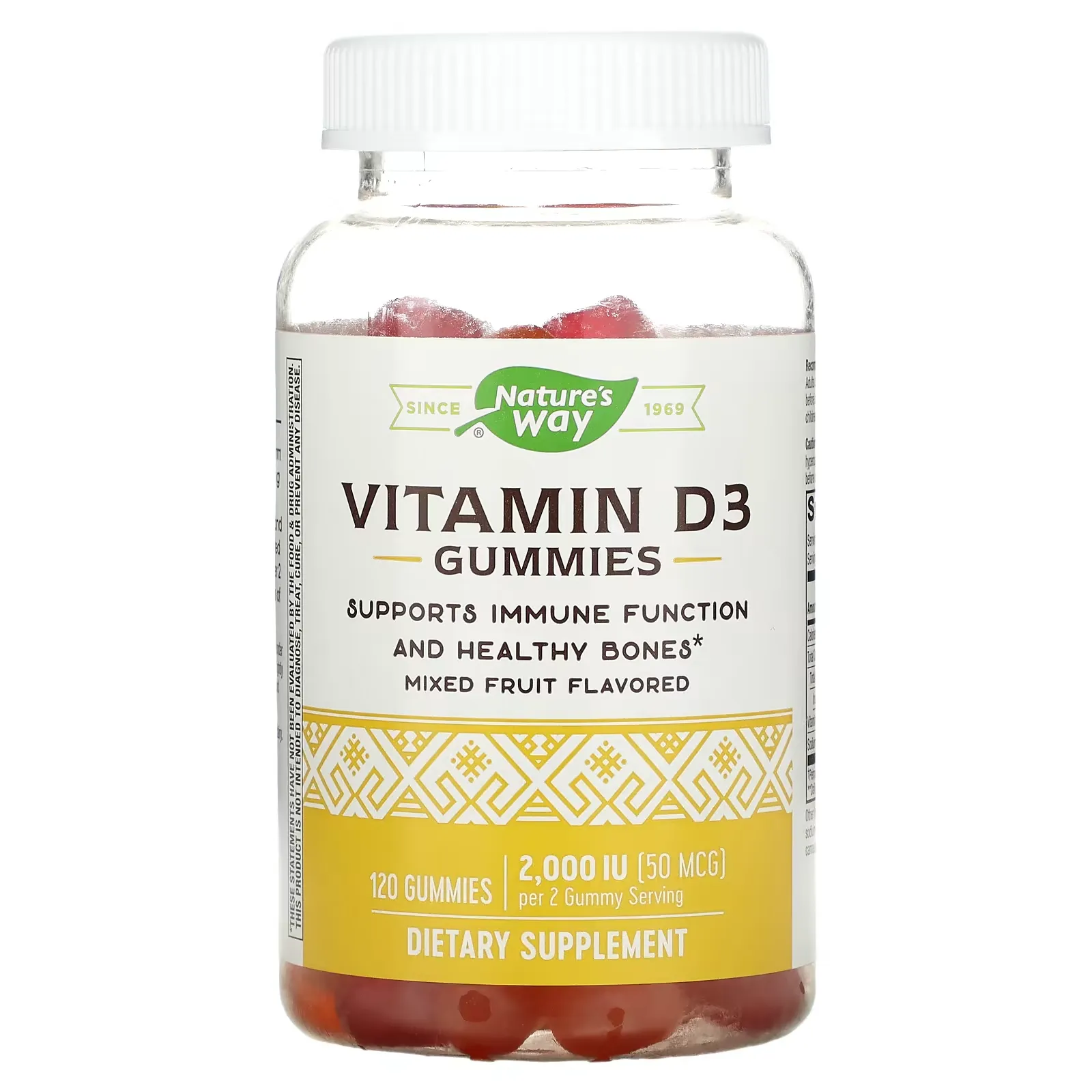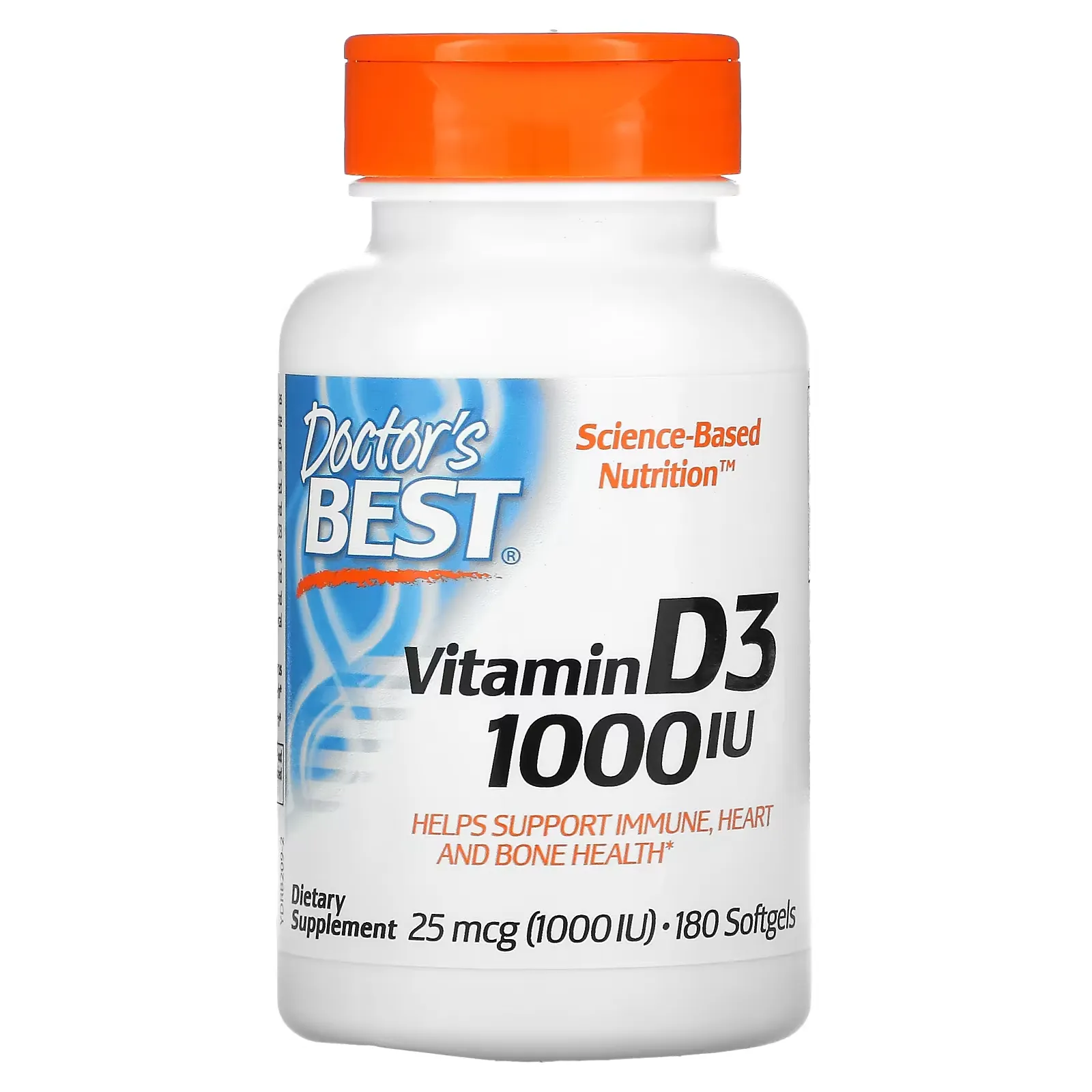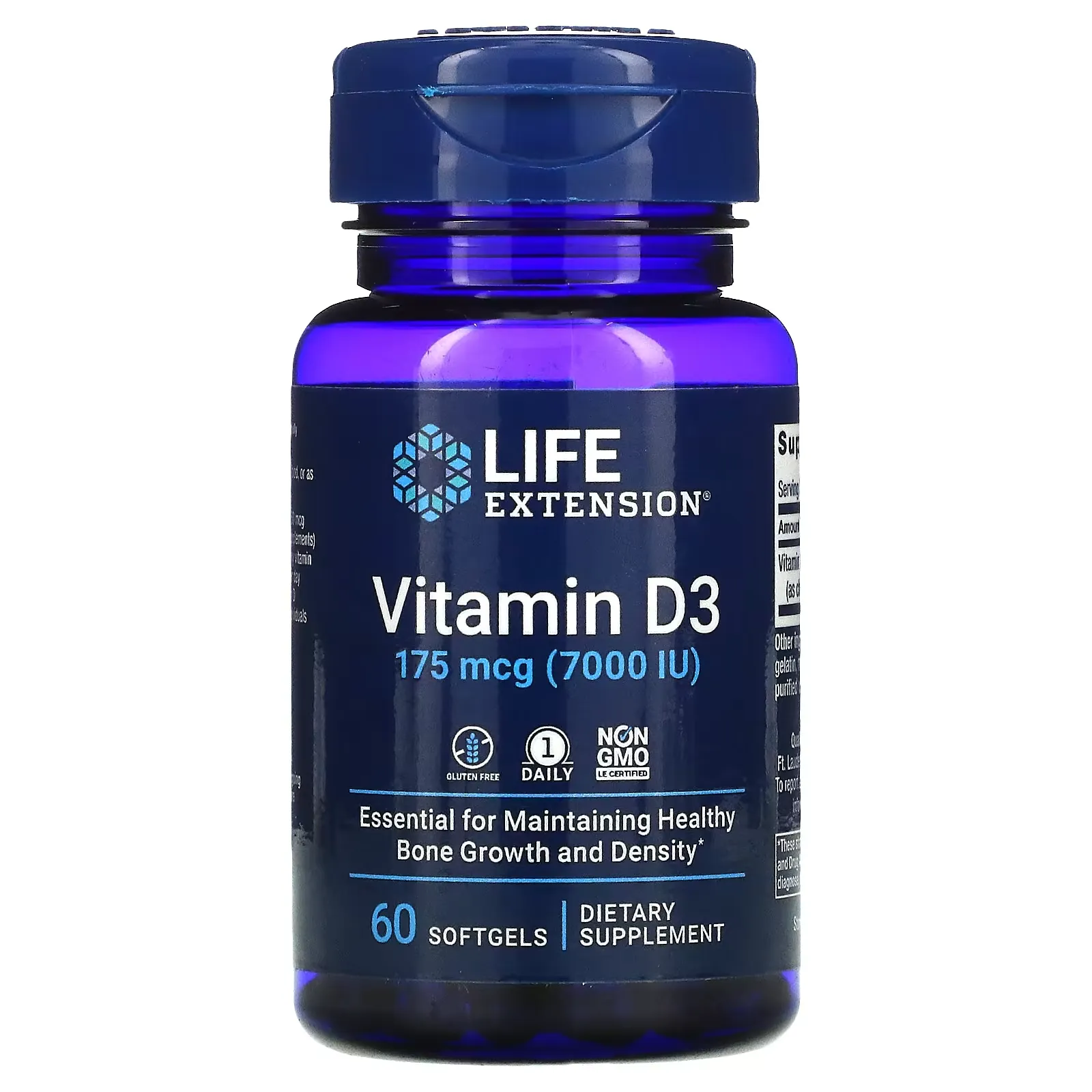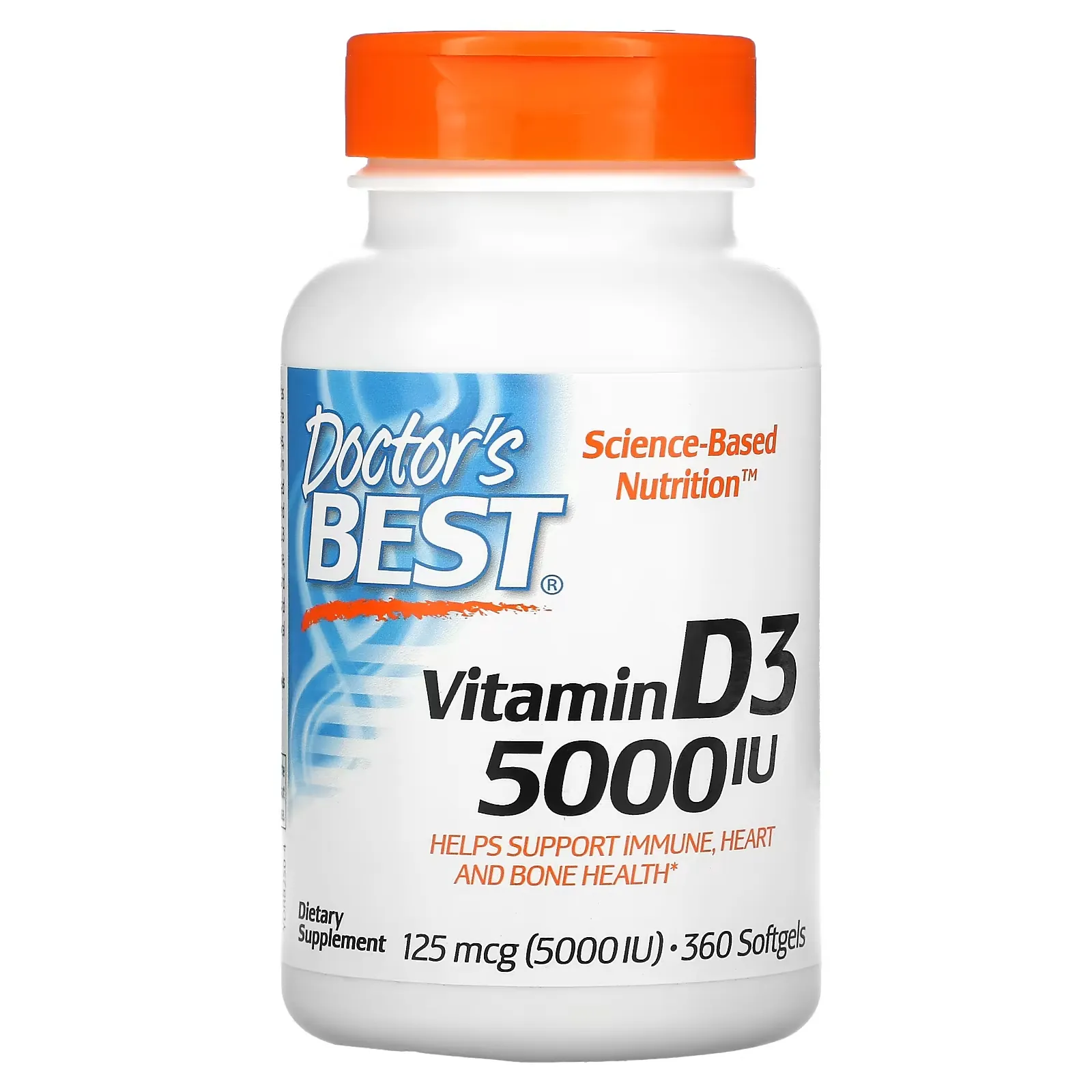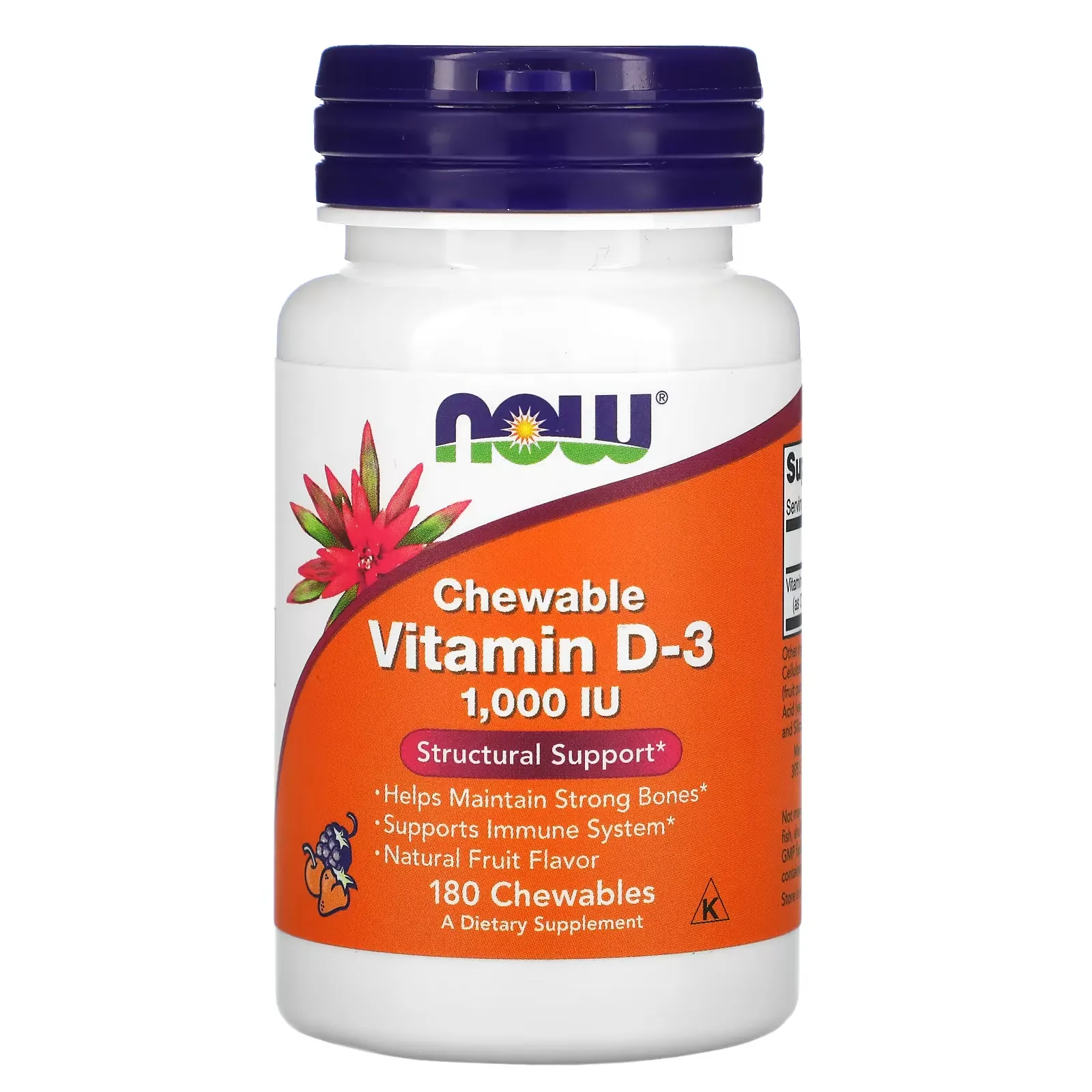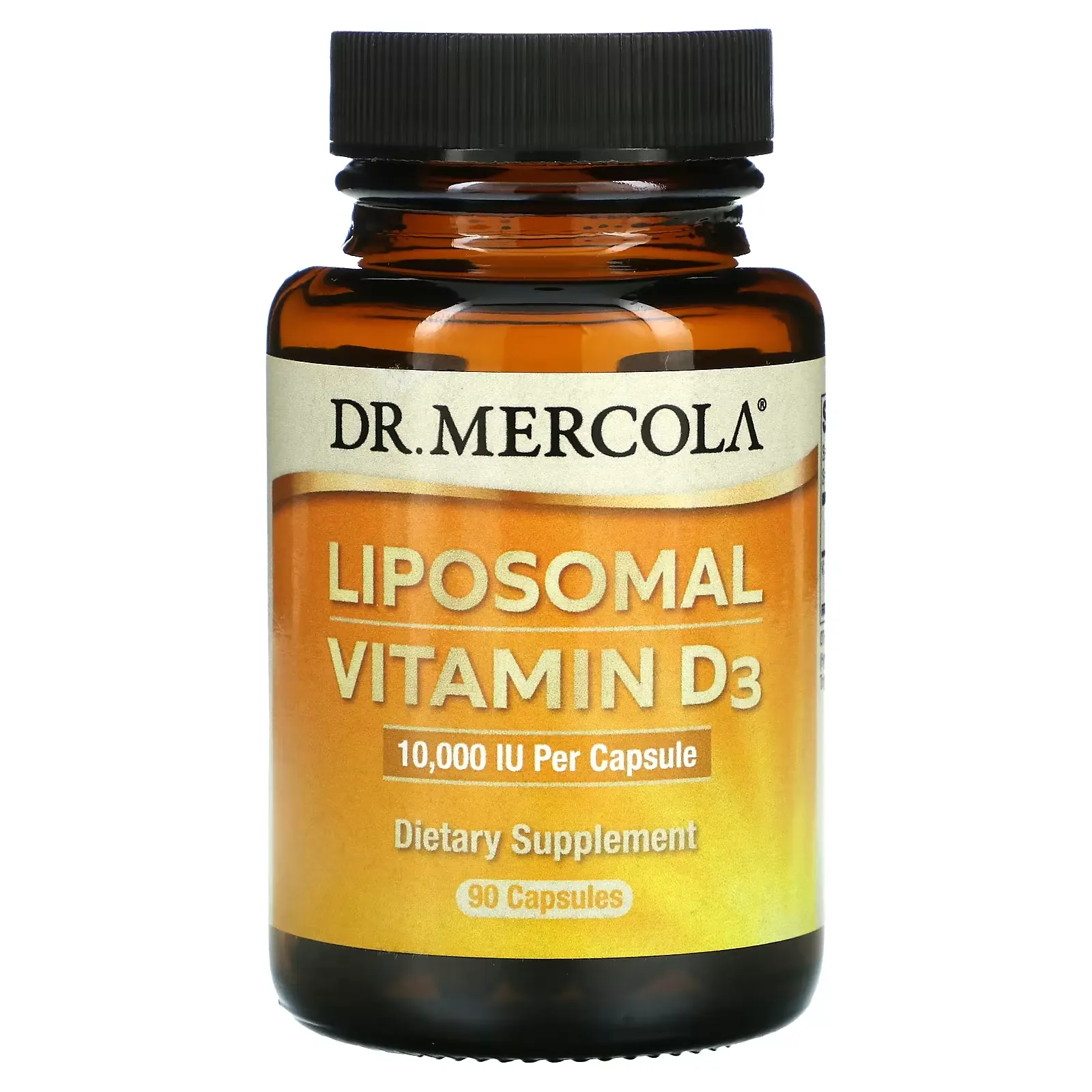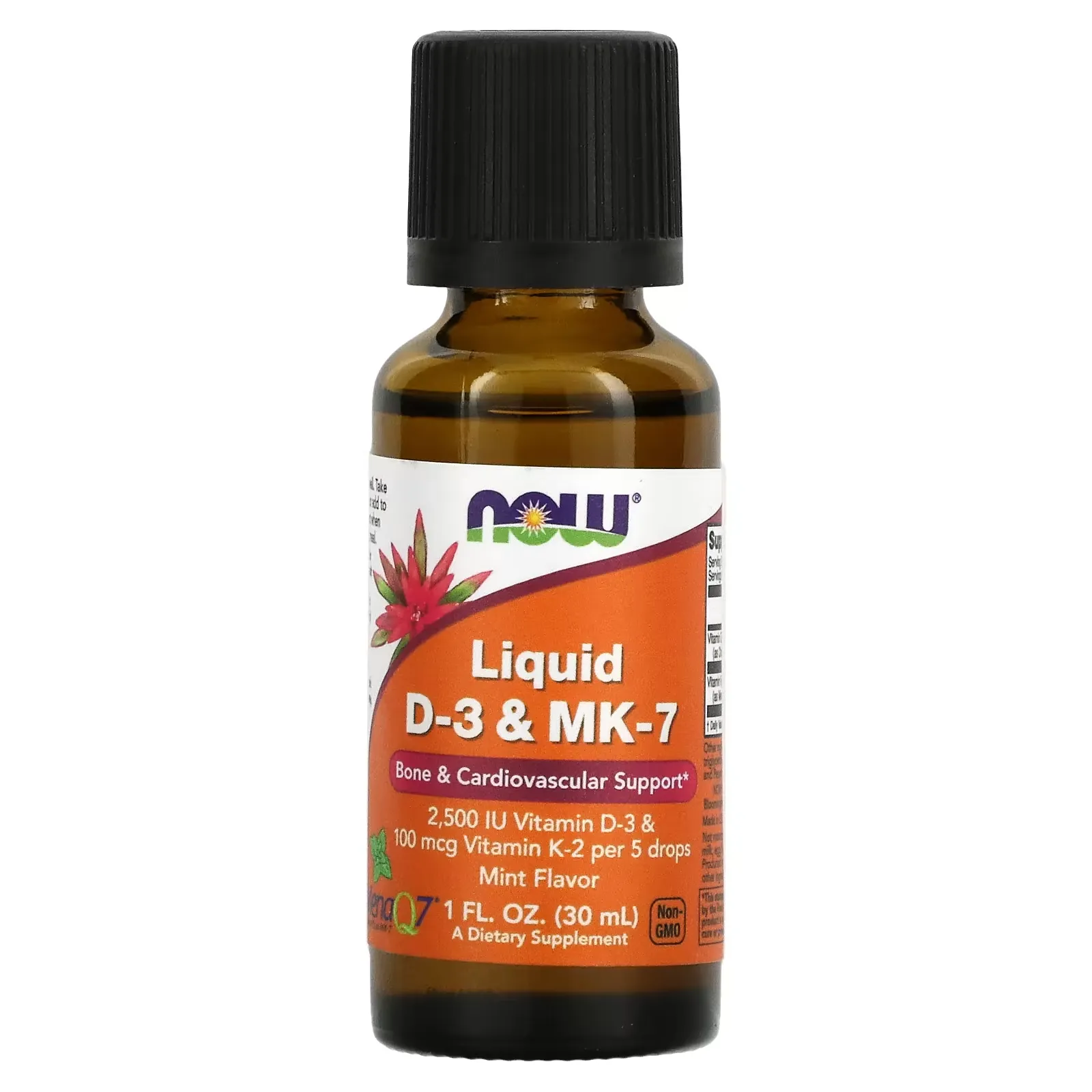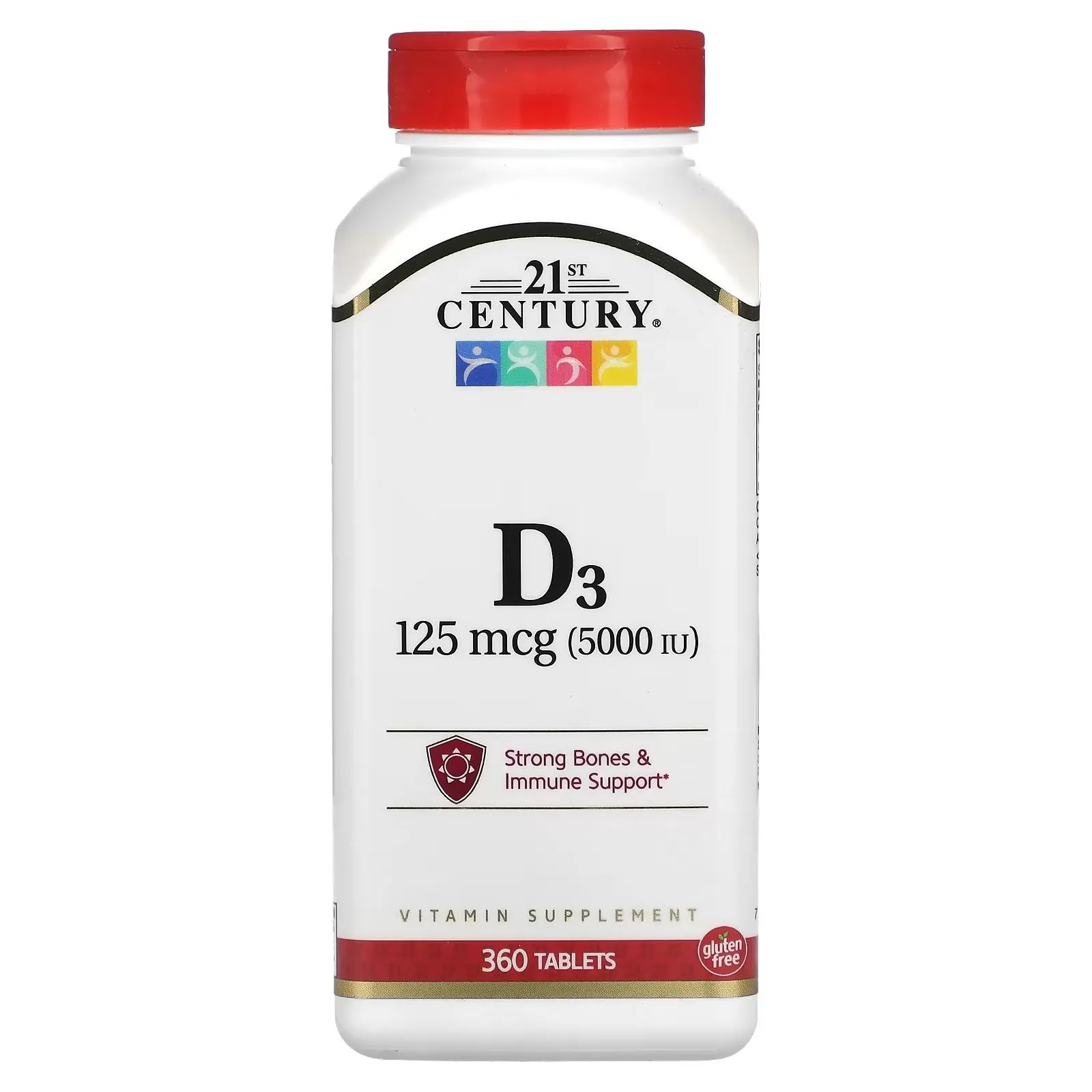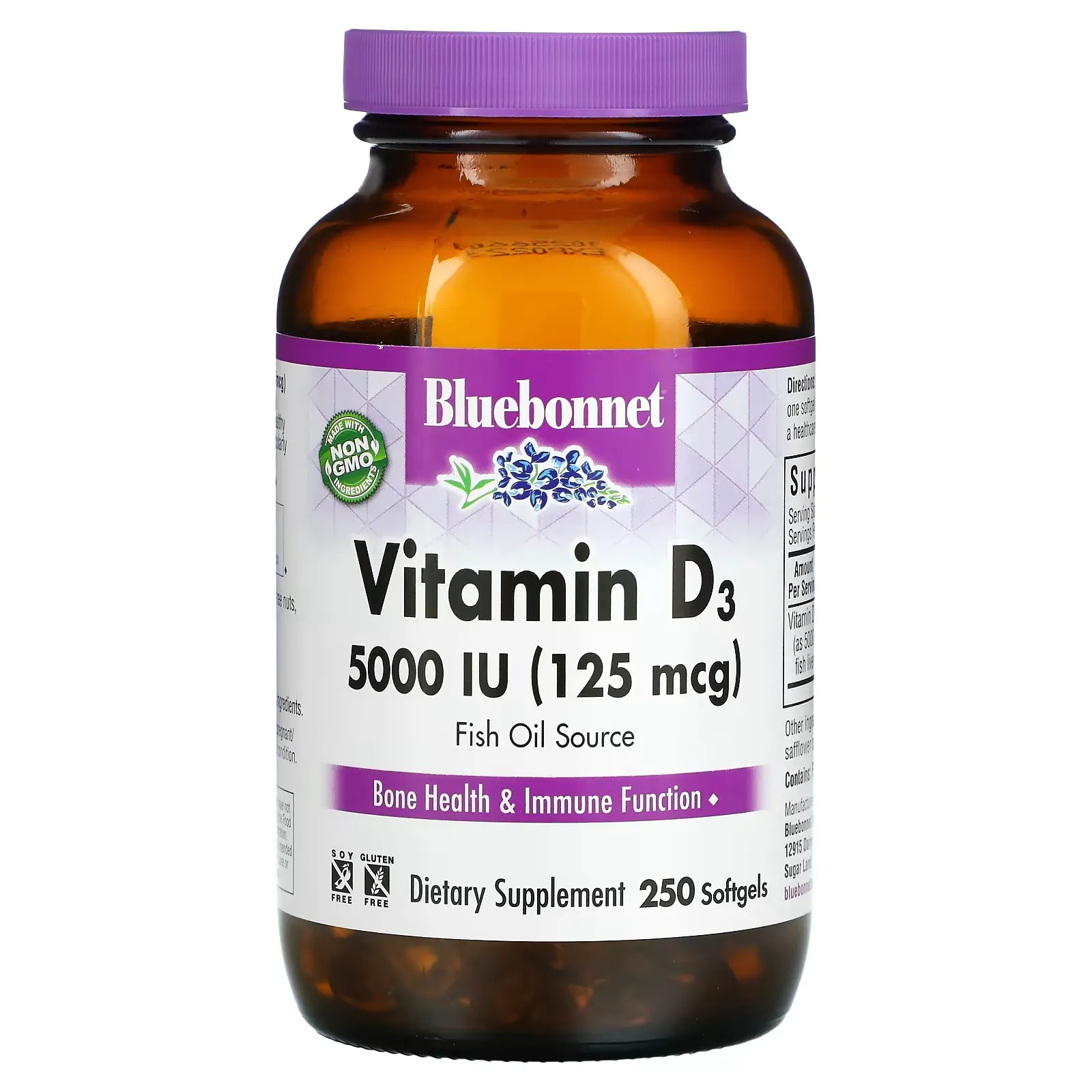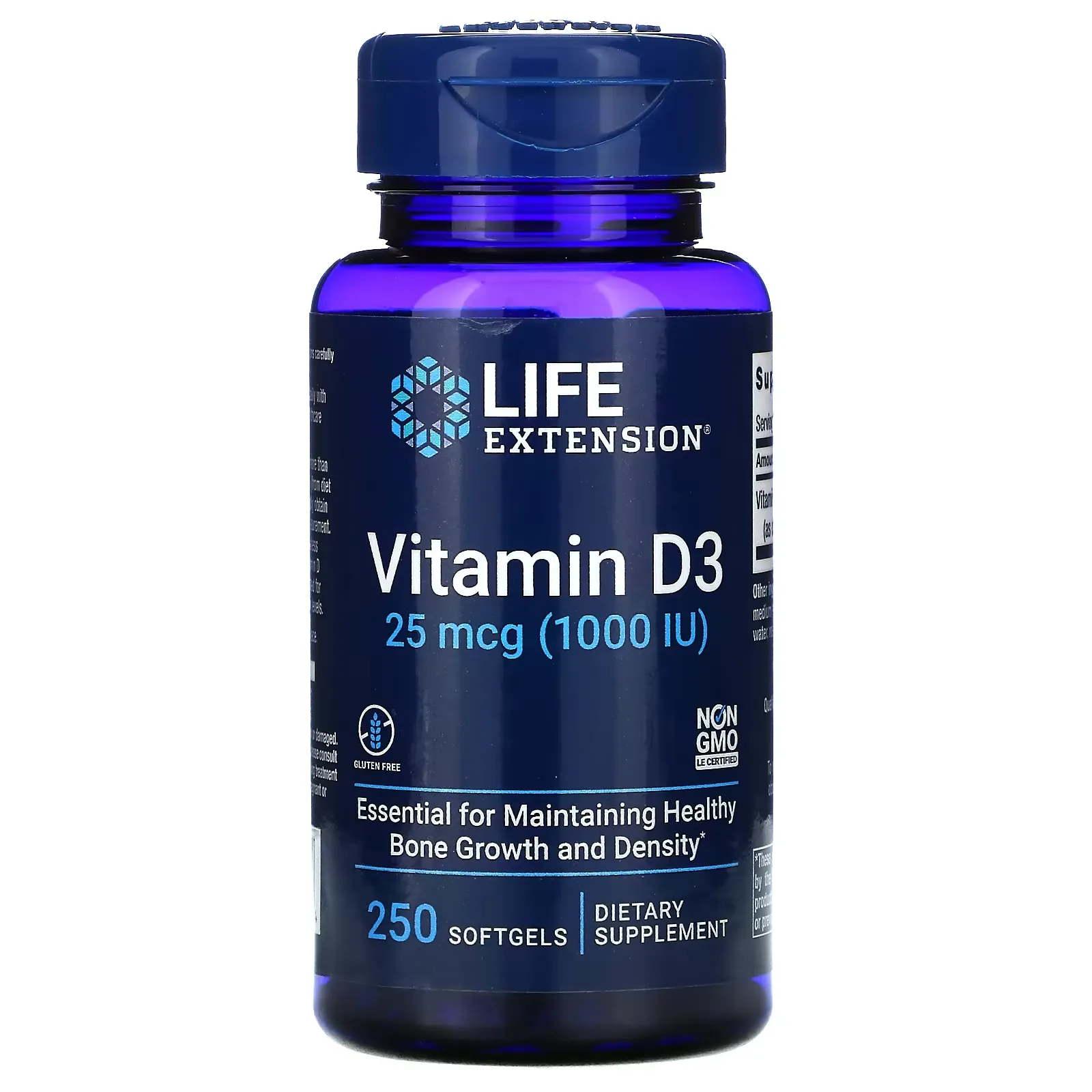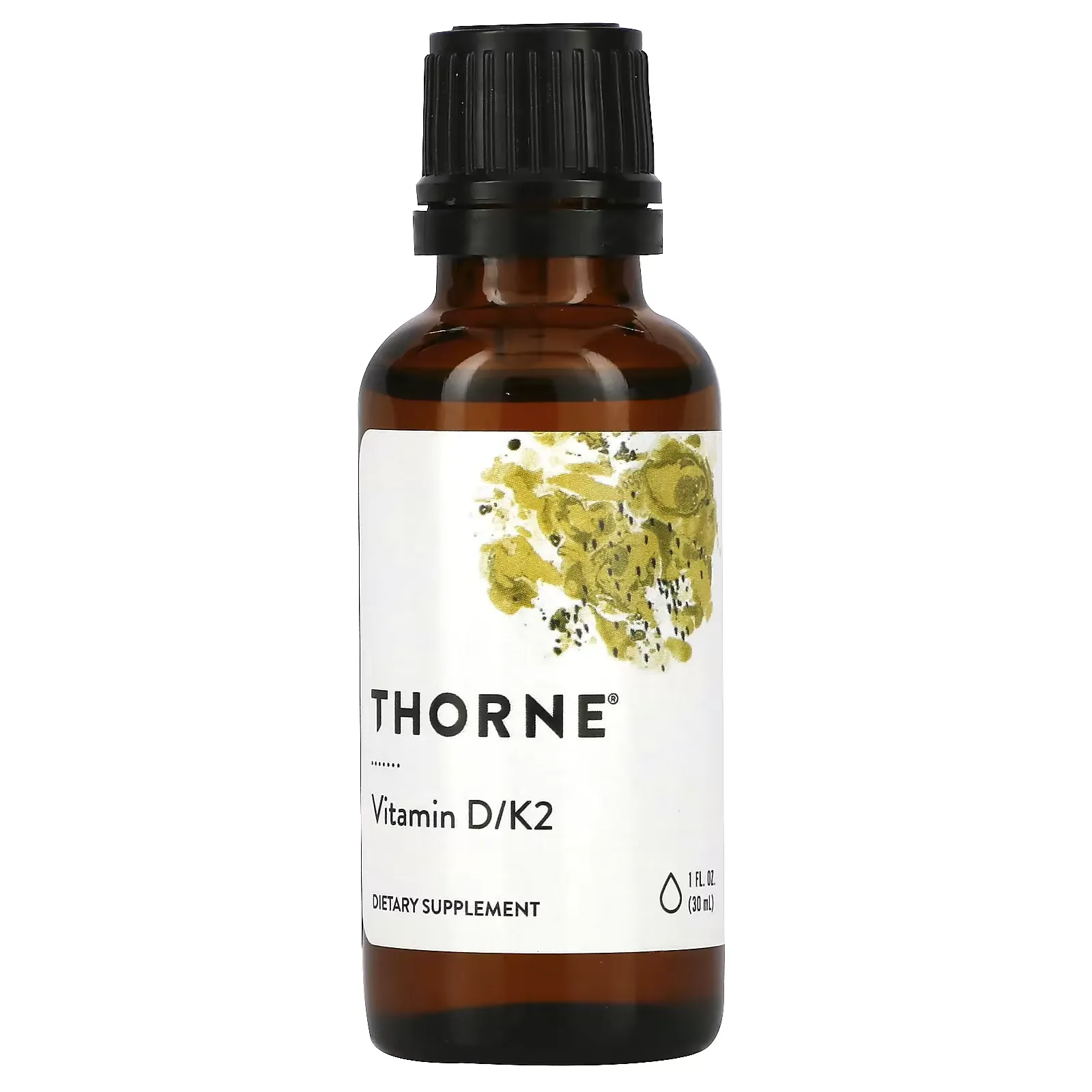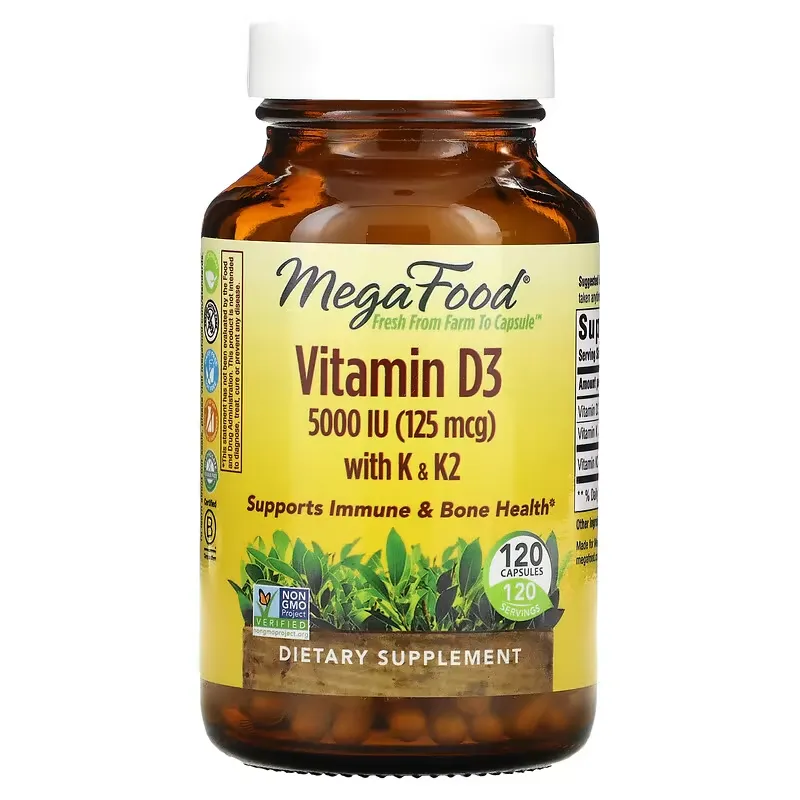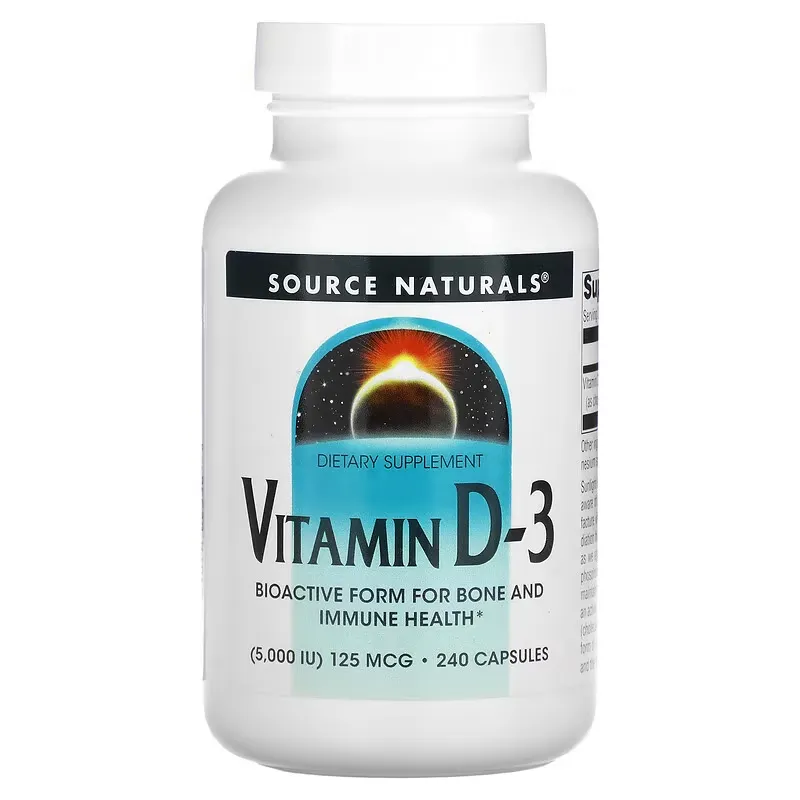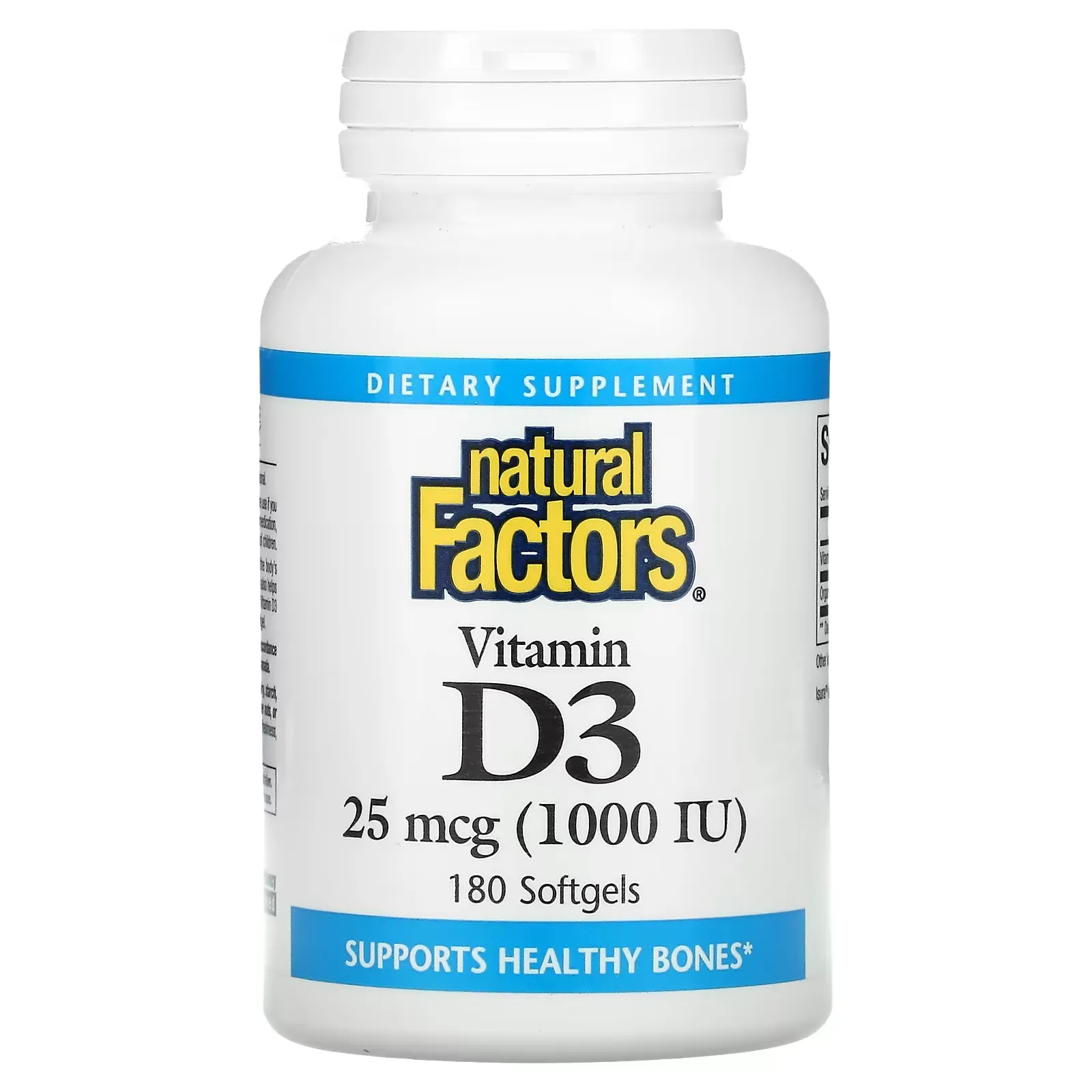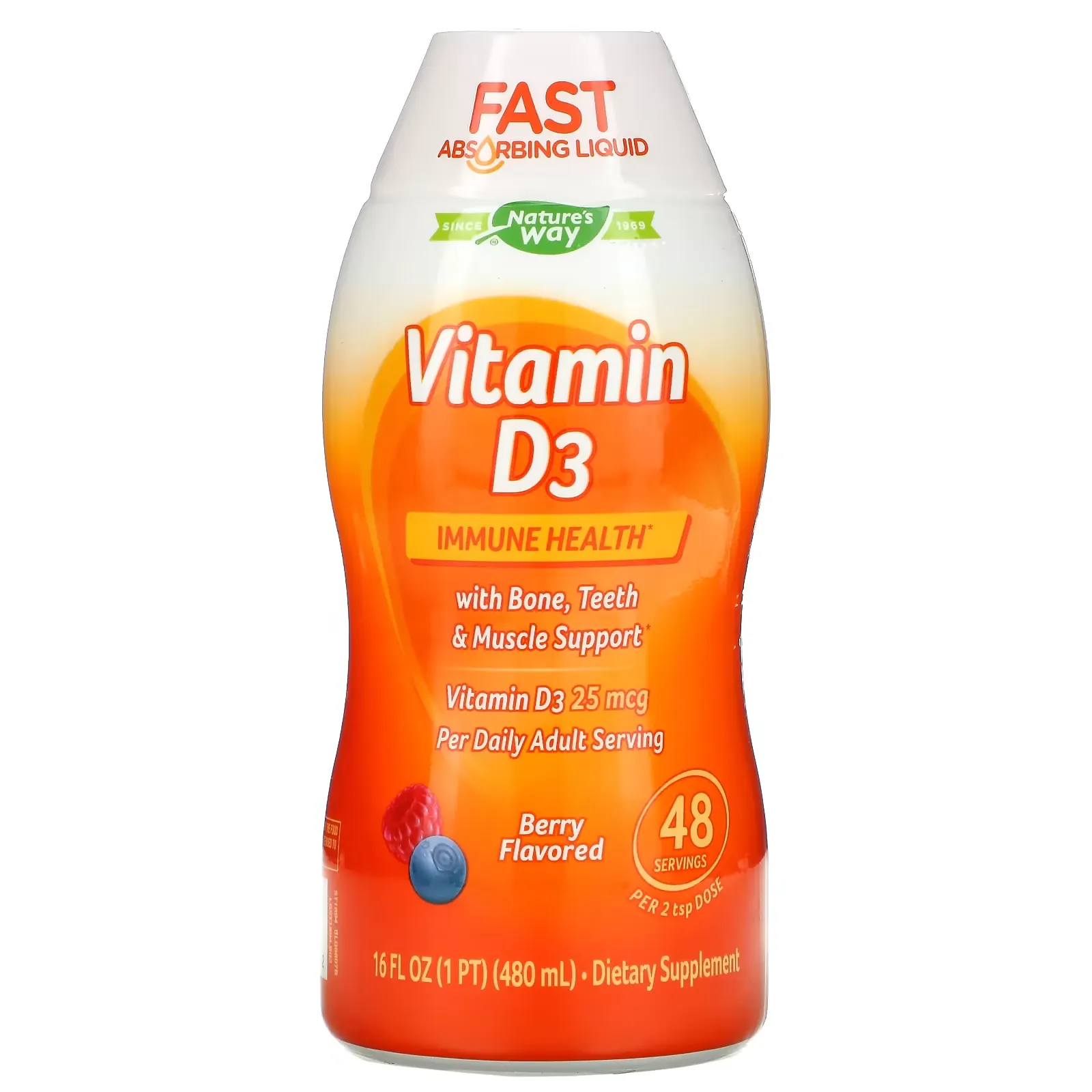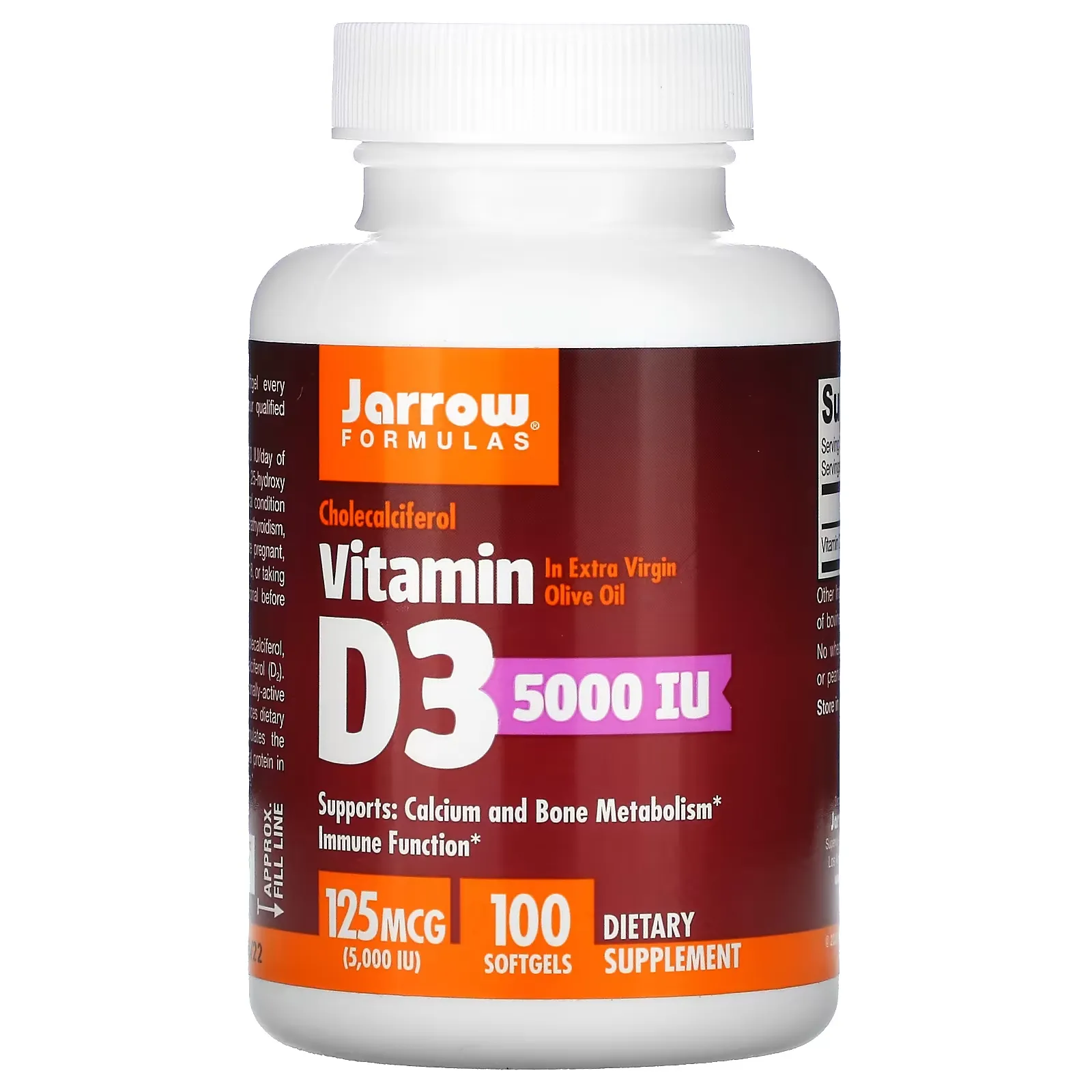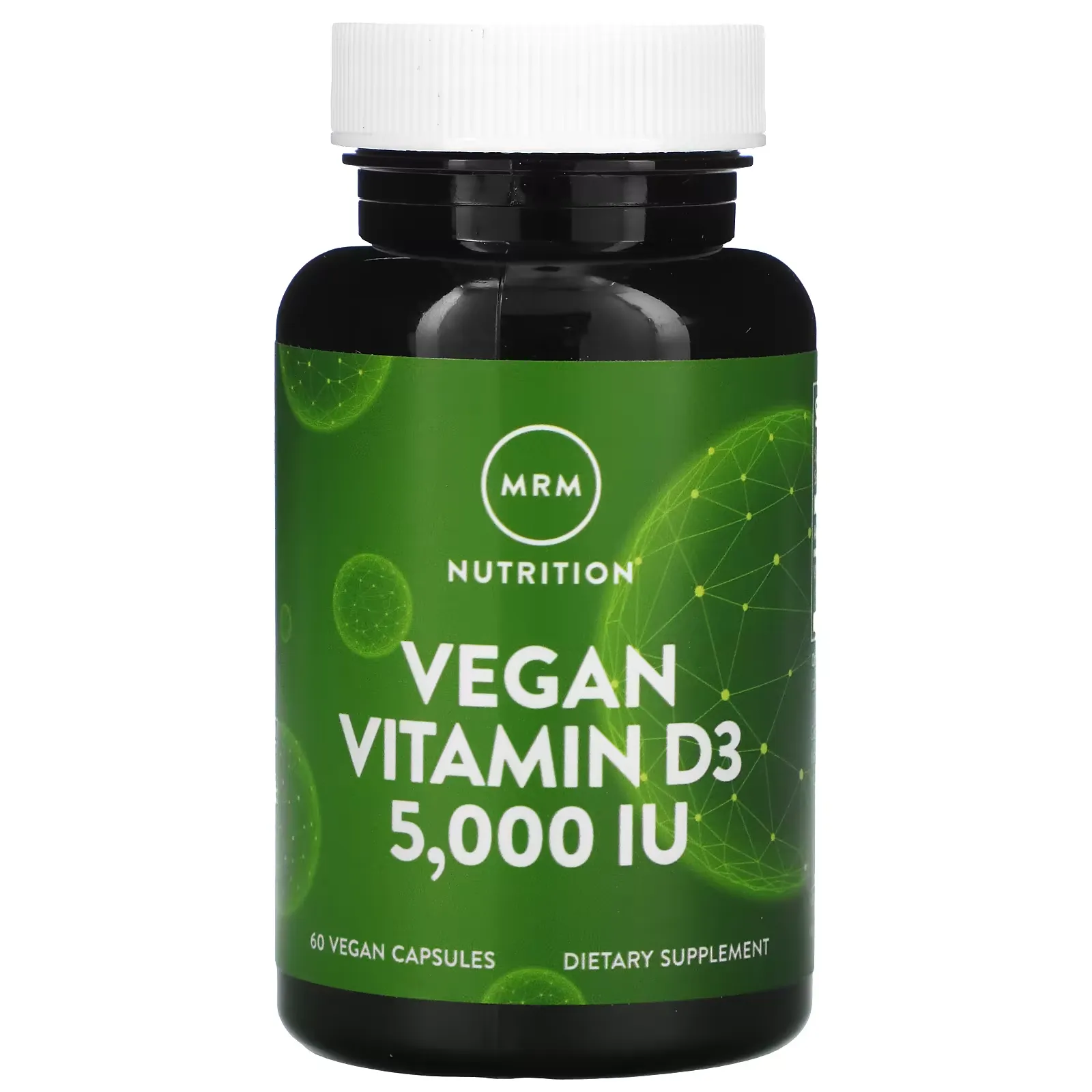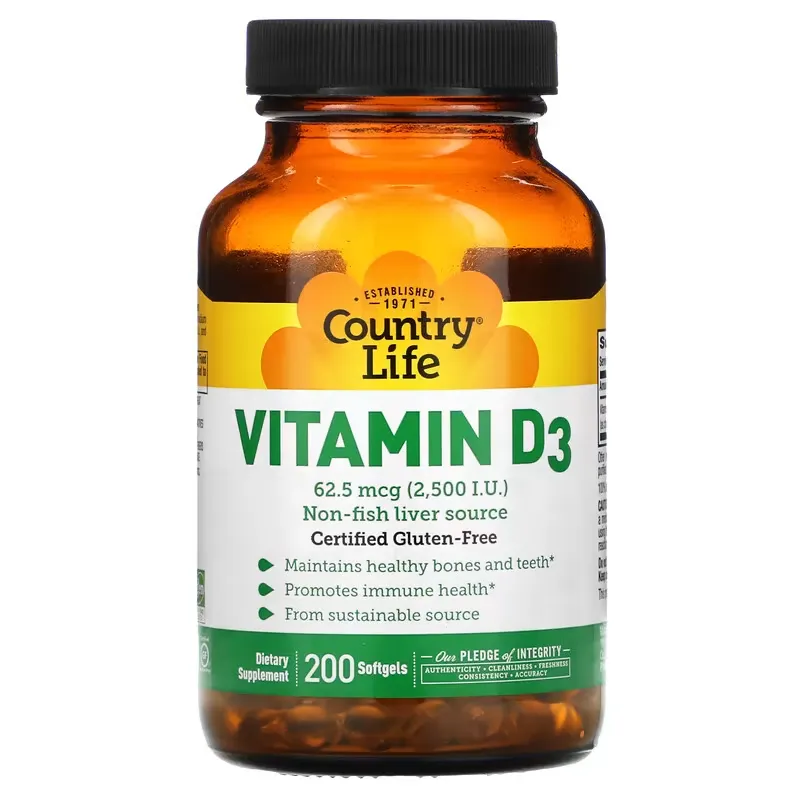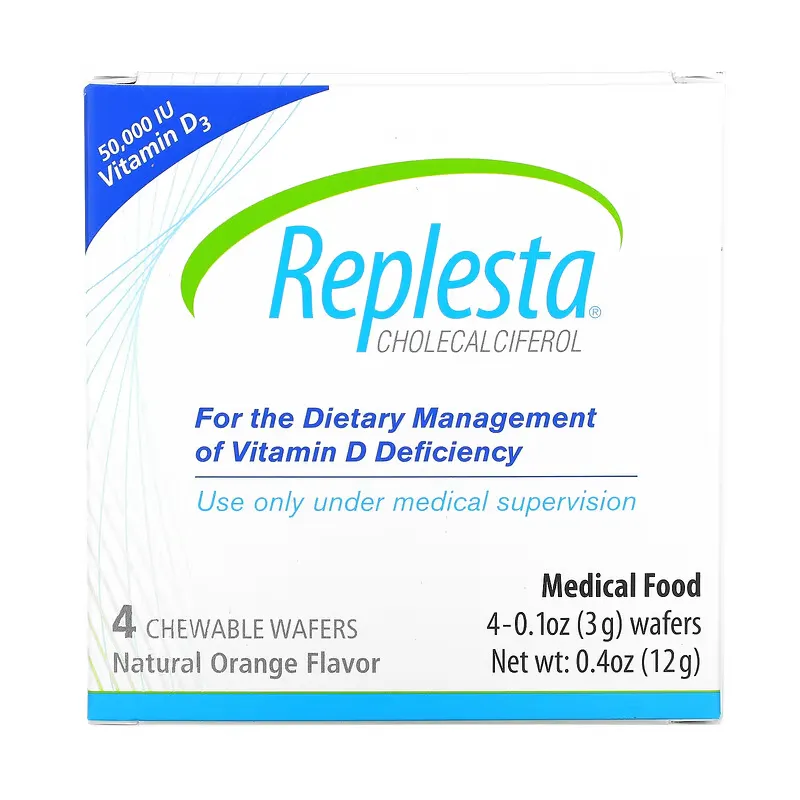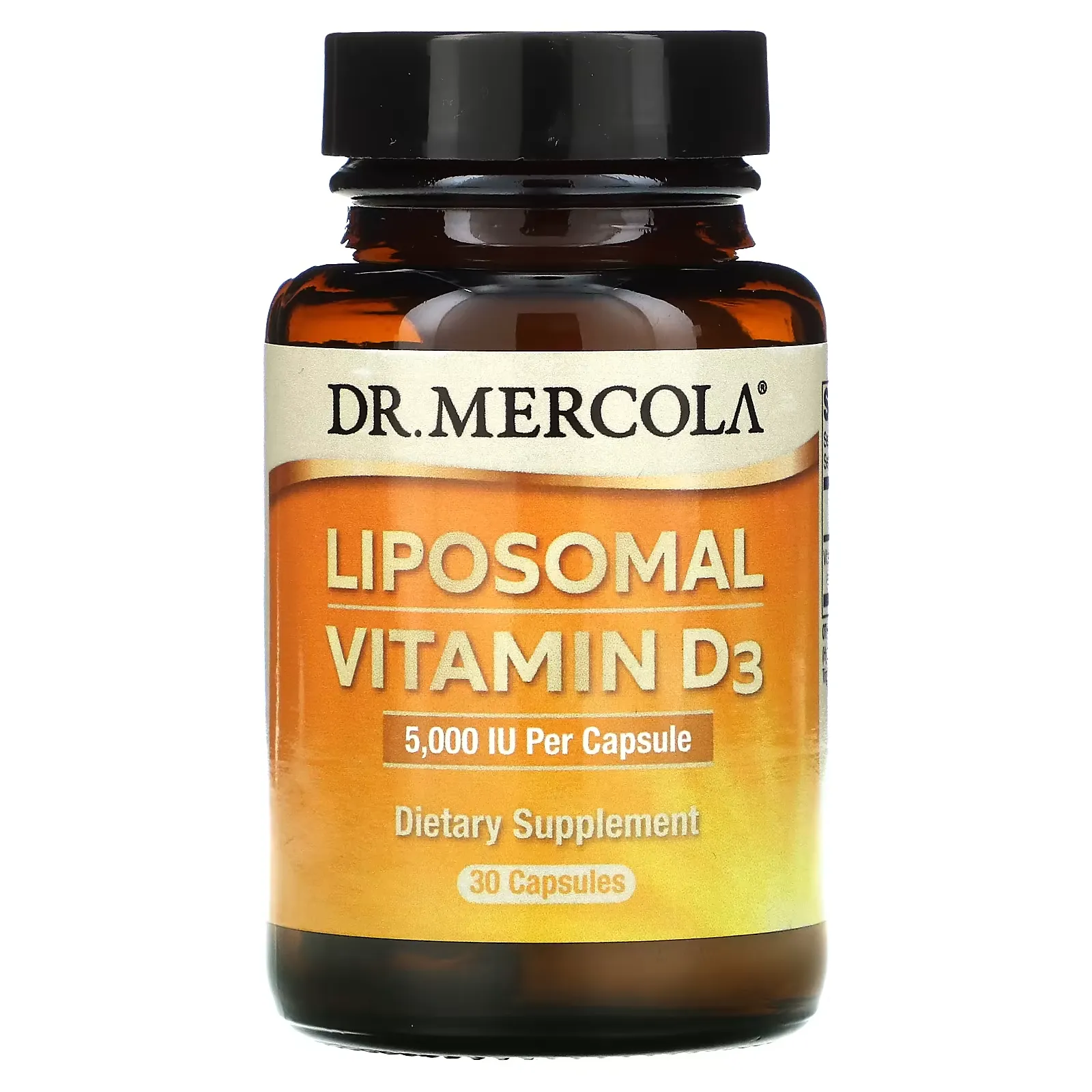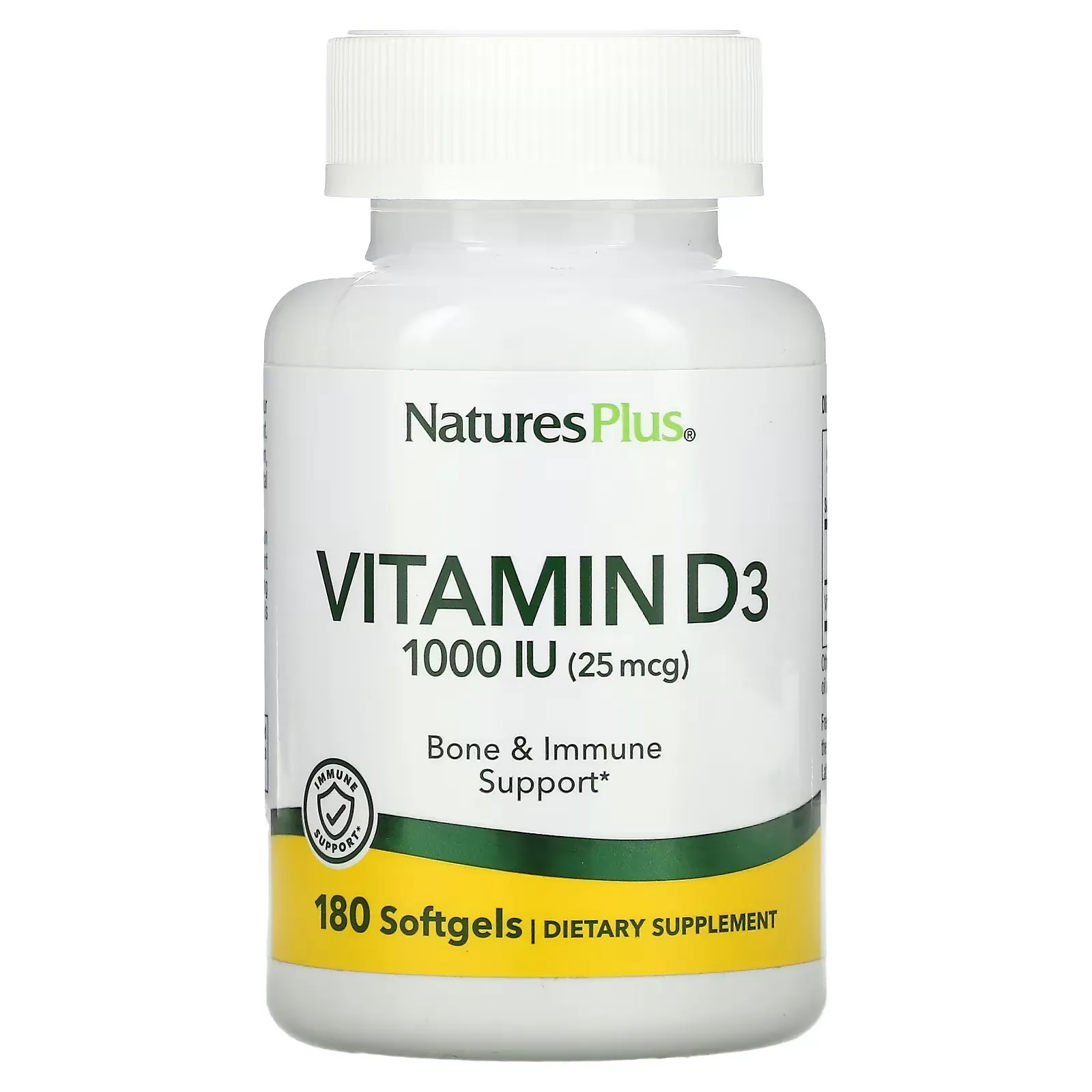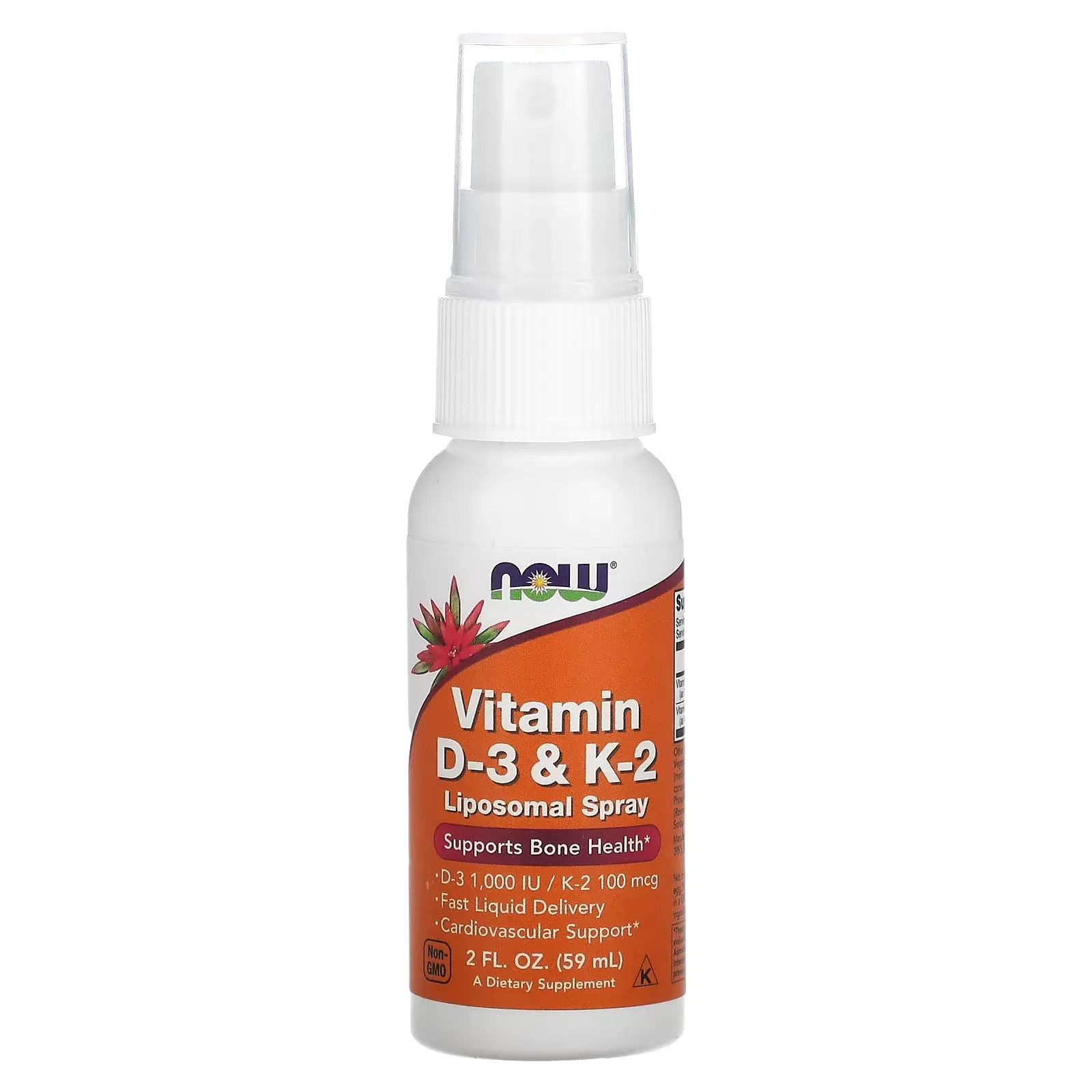Ingredients
Microcrystalline cellulose, hypromellose (derived from cellulose) capsule, leucine, silicon dioxide, vitamin E (d-alpha tocopheryl).
Supplement Facts
| Supplement Facts | ||
| Serving Size: One Capsule | ||
| Each Capsule Contains | % DV | |
| Vitamin D (as Vitamin D3)(1,000 IU) | 25 mcg | 125% |
| Daily Value (DV) | ||
Warnings
Tamper Evident: Use only if bottle is sealed.
Store tightly sealed in a cool, dry place.
If pregnant, consult your health-care practitioner before using this product.
Dimensions
dimensions: 3.2 x 1.6 x 1.6 indimensionsIn: 3.2 x 1.6 x 1.6 in
dimensionsCm: 8.1 x 4.1 x 4.1 cm
Weight
weight: 0.06 lbweightLb: 0.06 lb
weightKg: 0.03 kg
- Dietary Supplement
- Foundational
- Immune Support
- Bone Support
- Gluten-Free
Supports healthy bones and muscles, cardiovascular function, and immune function.
Vitamin D plays an important role throughout life, beginning with fetal development. Unlike many vitamin D supplements, Thorne's contain no lactose or preservatives (BHA, BHT, sodium benzoate, etc).
Vitamin D protects a number of important functions in the body. In addition to supporting healthy bones and muscles, it supports cardiovascular health and immune function. Although direct sunlight provides natural vitamin D, many individuals of all ages, especially the elderly, do not get enough vitamin D from sunlight and their diet. Vitamin D supplementation can be of great benefit in these situations. However, the powders used in many pre-mixed vitamin D dilutions frequently contain potentially detrimental ingredients such as lactose, as well as preservatives such as BHT, BHA, sodium benzoate, and sorbic acid. Thorne's vitamin D is formulated for individuals who are sensitive to those ingredients.
In the United States, the current recommended daily intake of 800 IUs vitamin D is based on the minimum amount to protect against bone disease. However, an upward revision of this guideline is now being considered in light of current research, especially new research regarding immune function. This research suggests serum vitamin D levels should be in the range of 32-80 ng/mL 25-hydroxyvitamin D.
The amount of vitamin D needed to achieve minimum vitamin D sufficiency – generally recognized to be a blood level of 32 ng/mL of 25-hydroxyvitamin D – depends on many factors and varies from individual to individual. Thus, the requirement for vitamin D supplementation should be individualized. Either D-1,000 or D-5,000 maybe be ideal to maintain an optimal level of vitamin D in healthy individuals.

